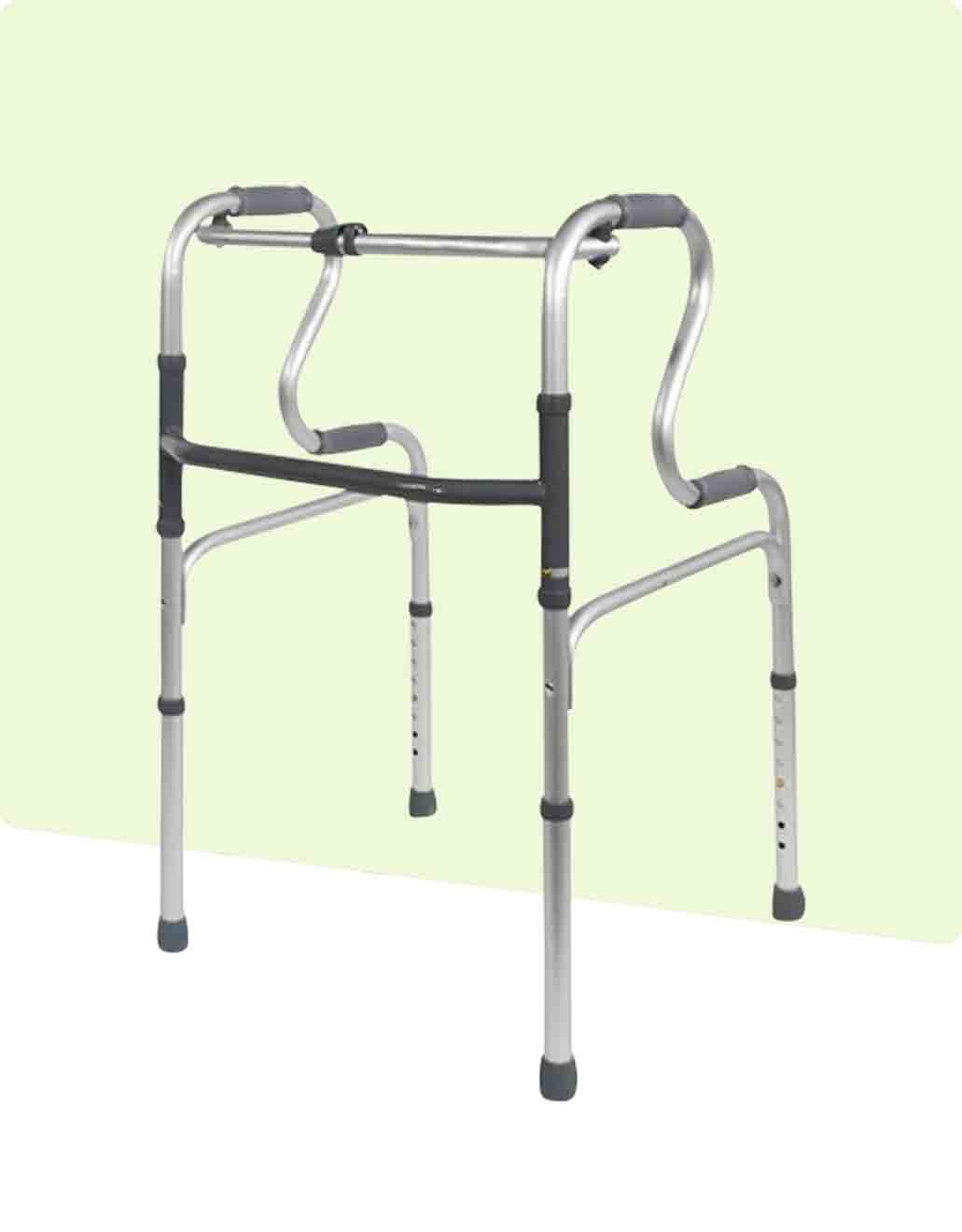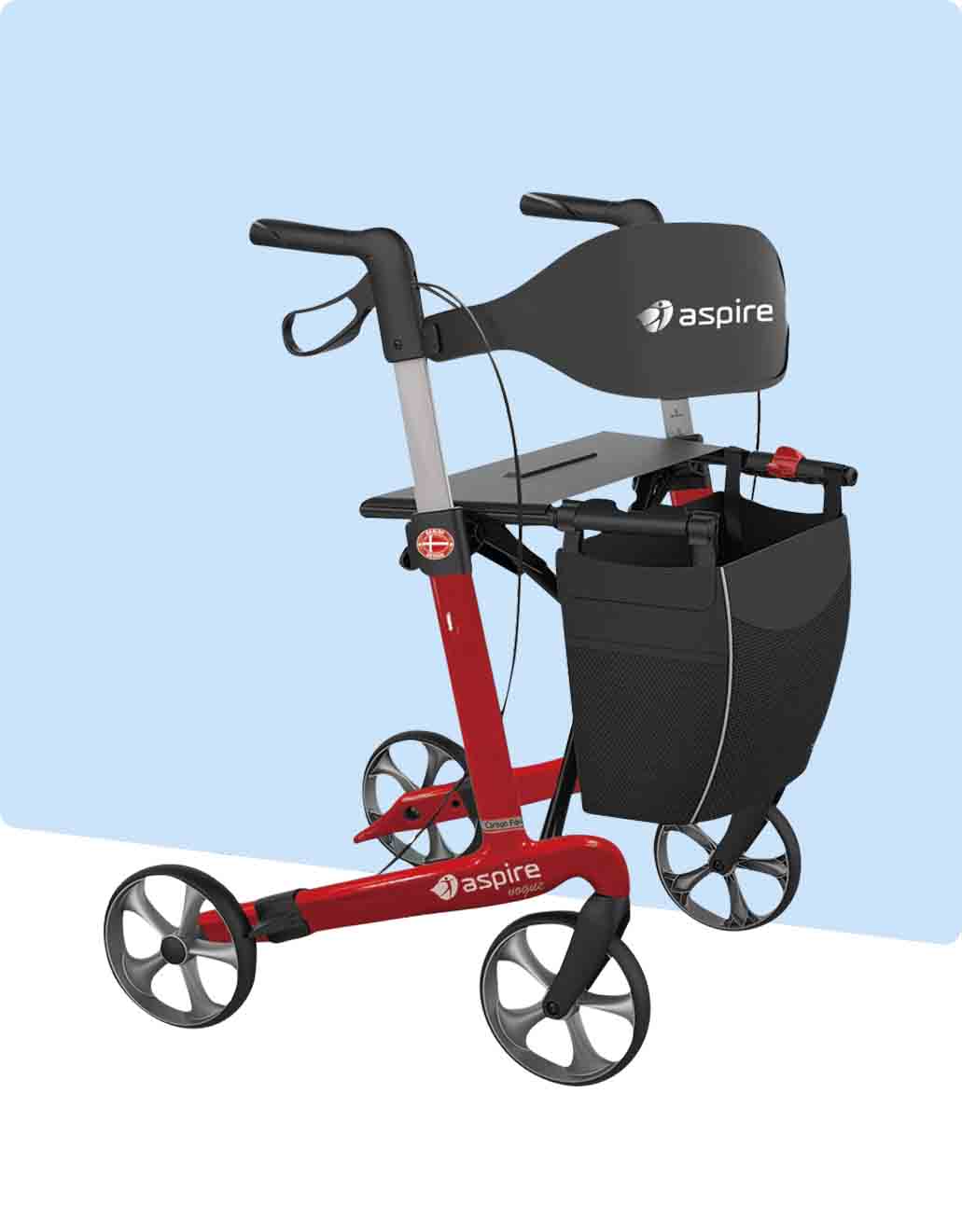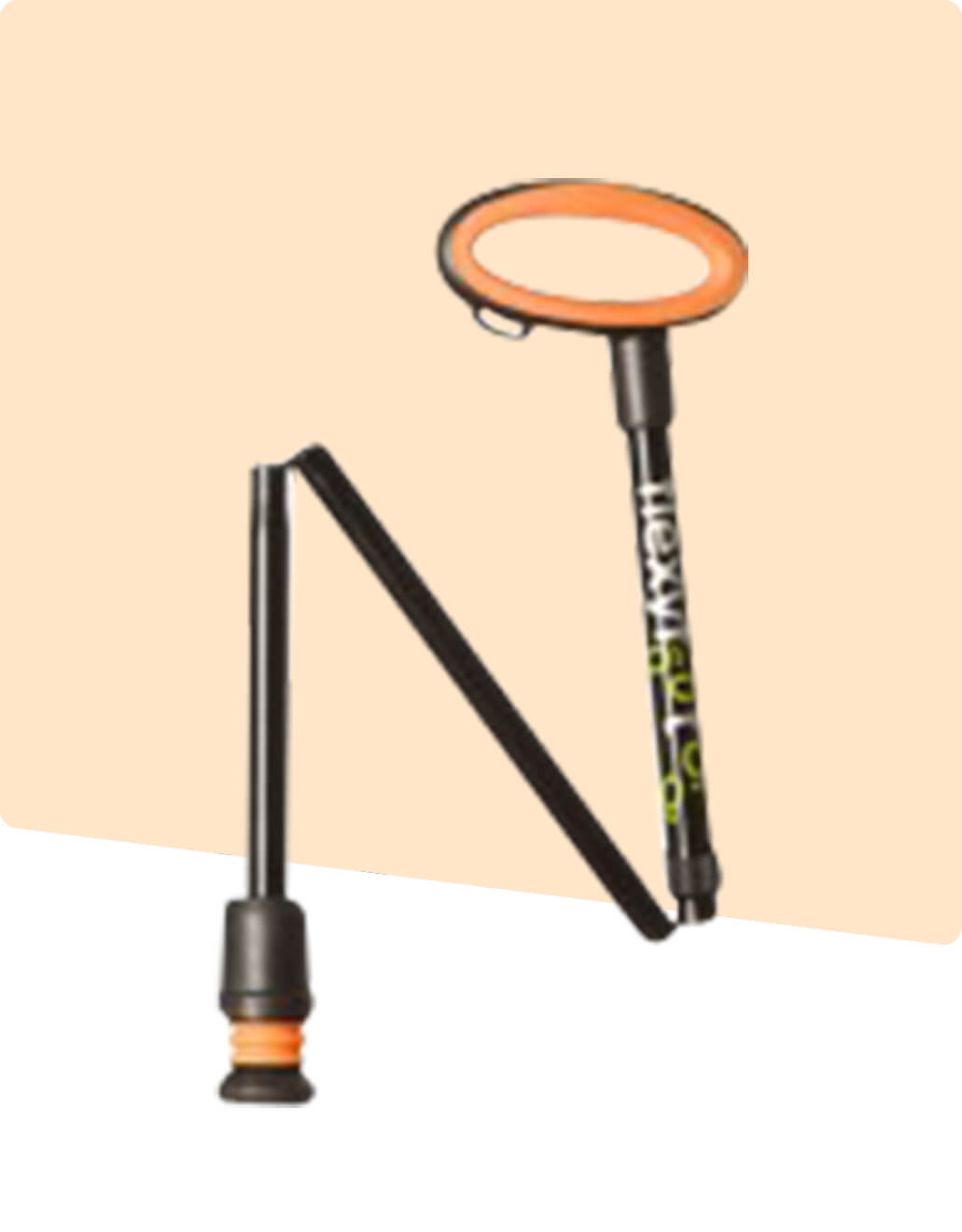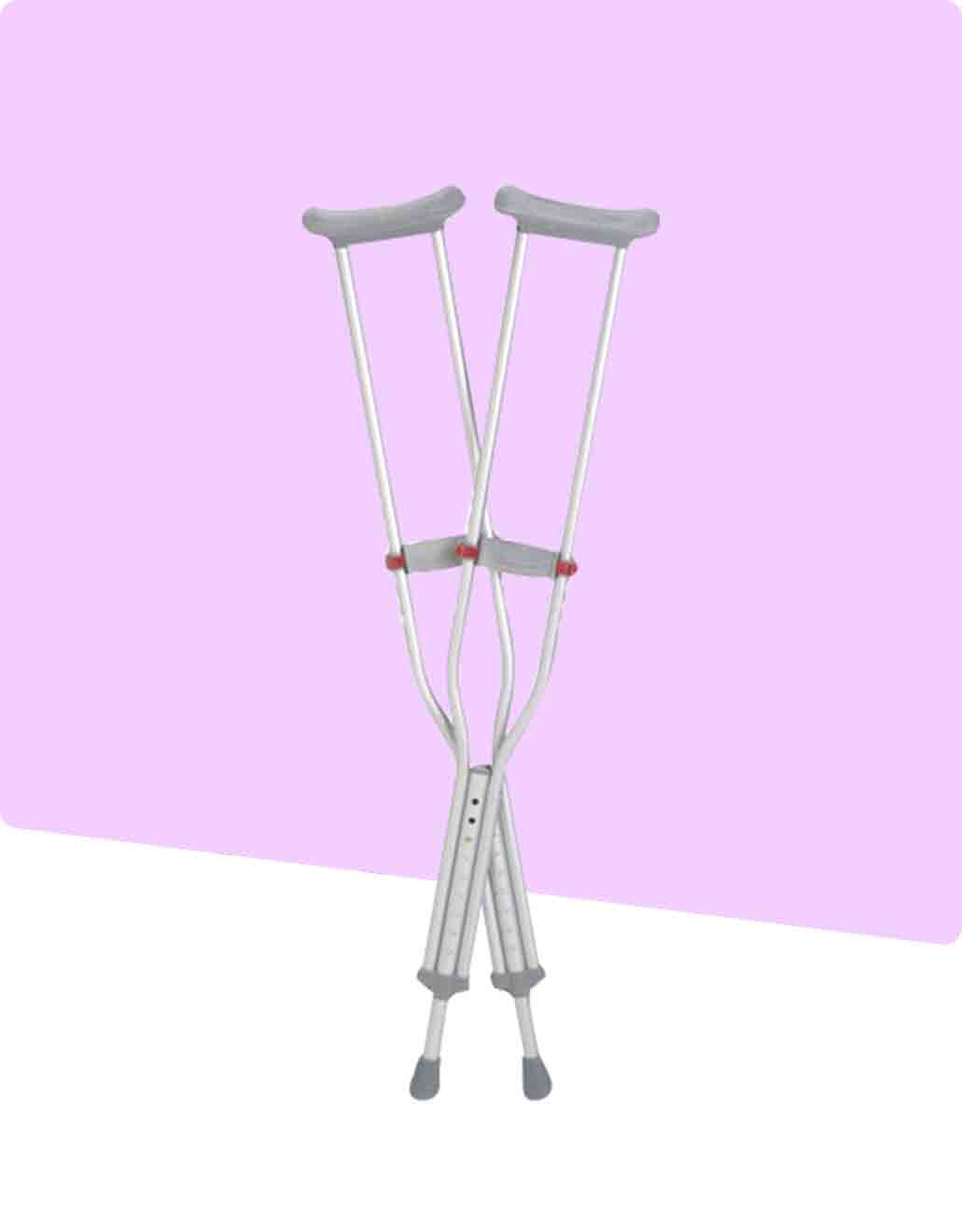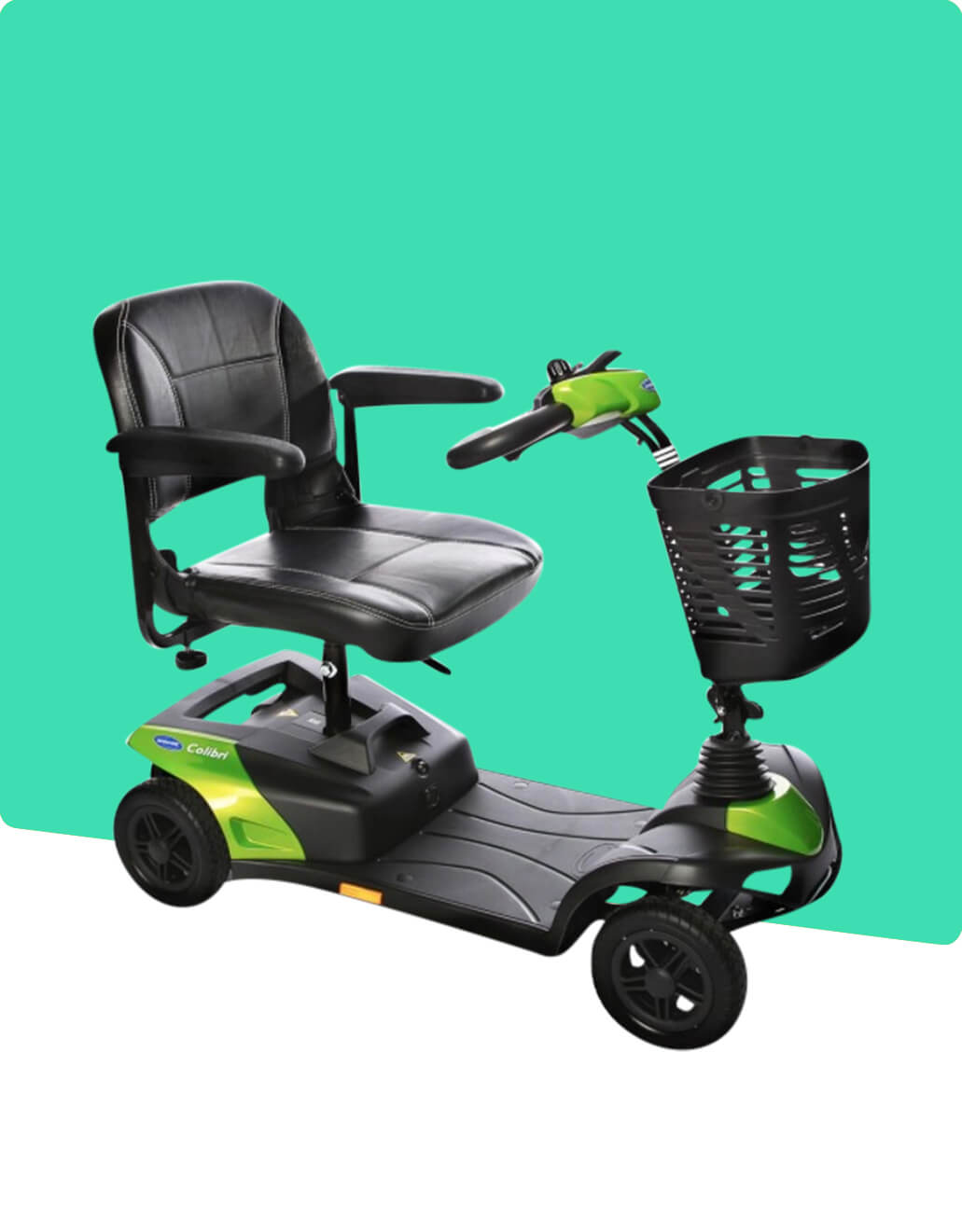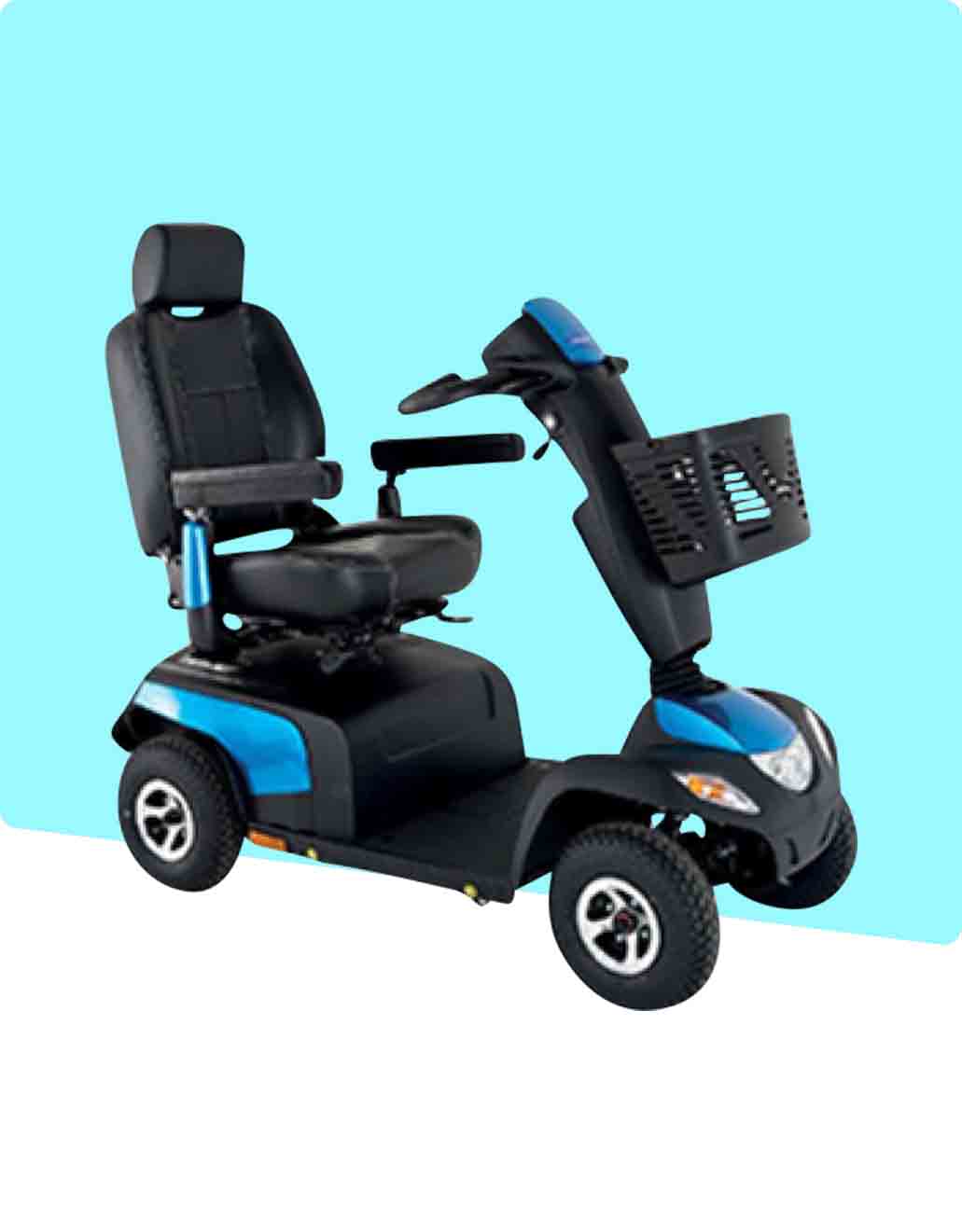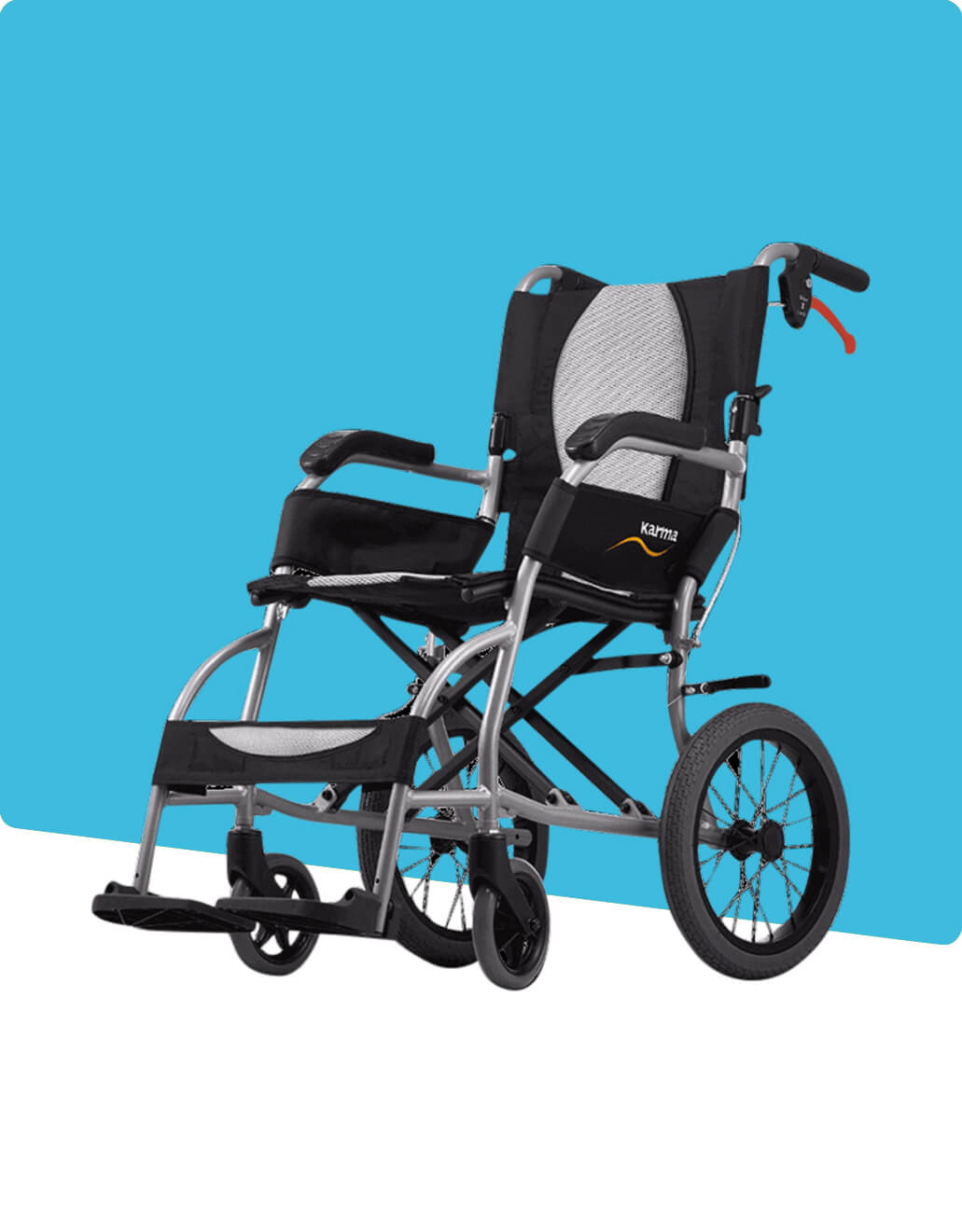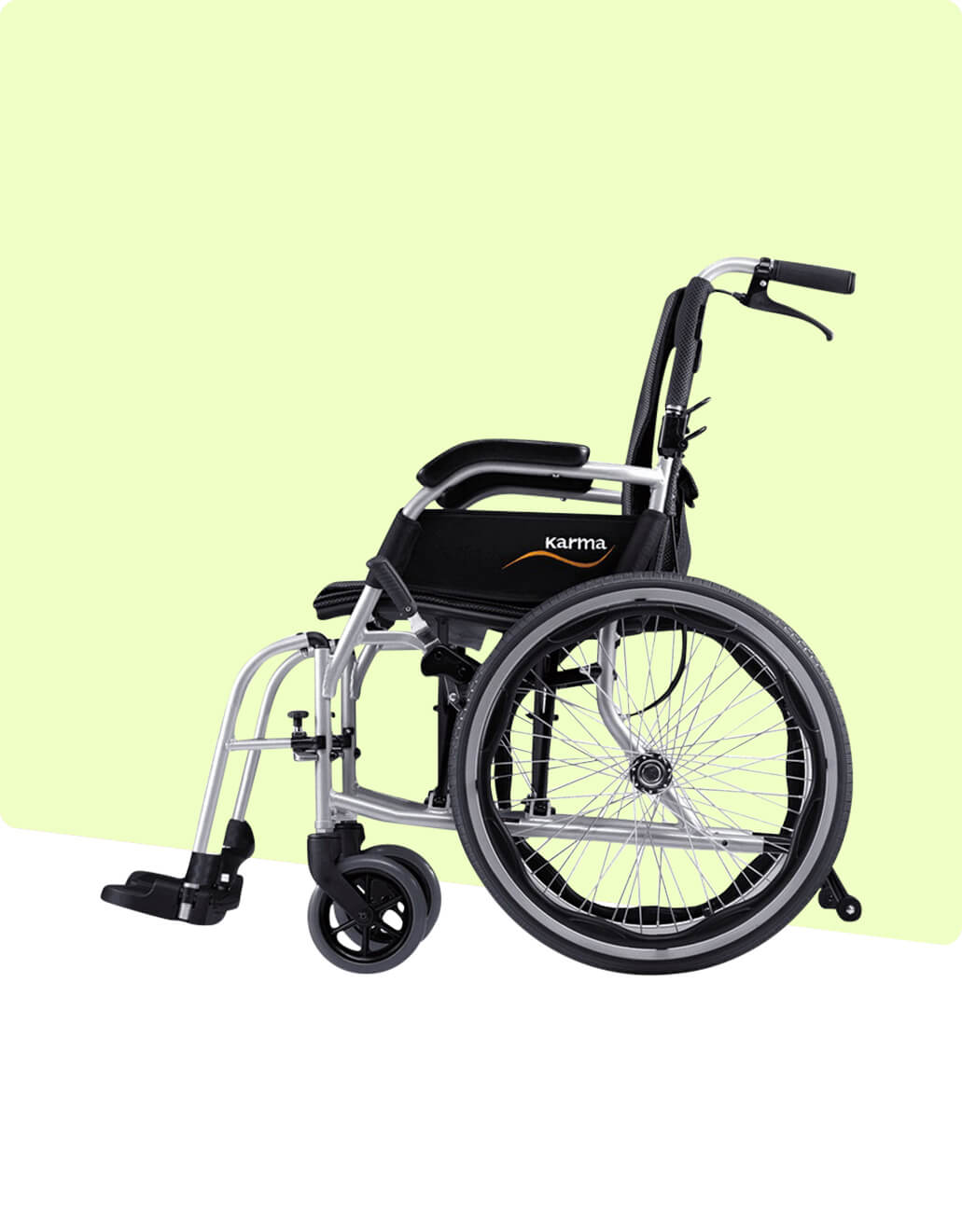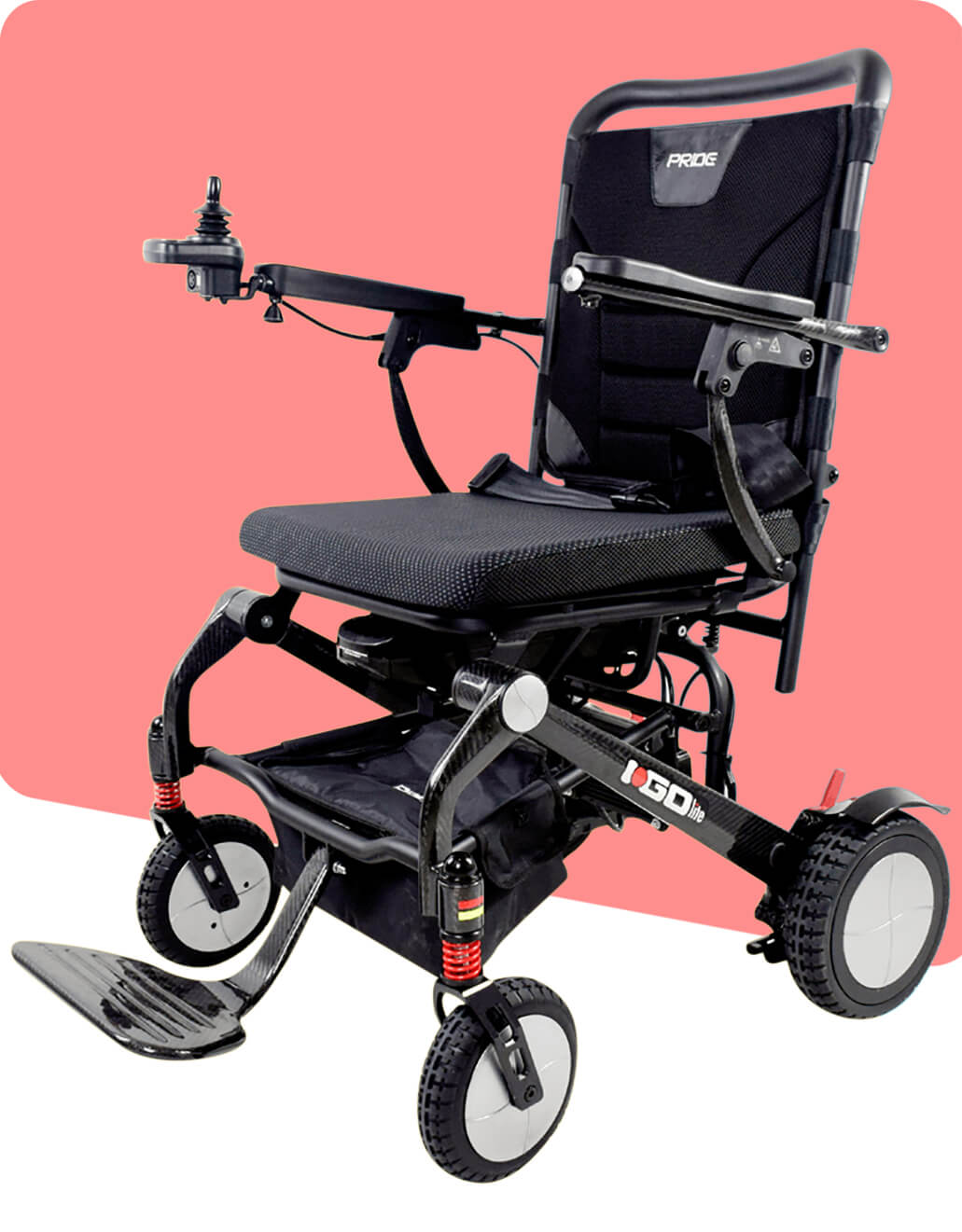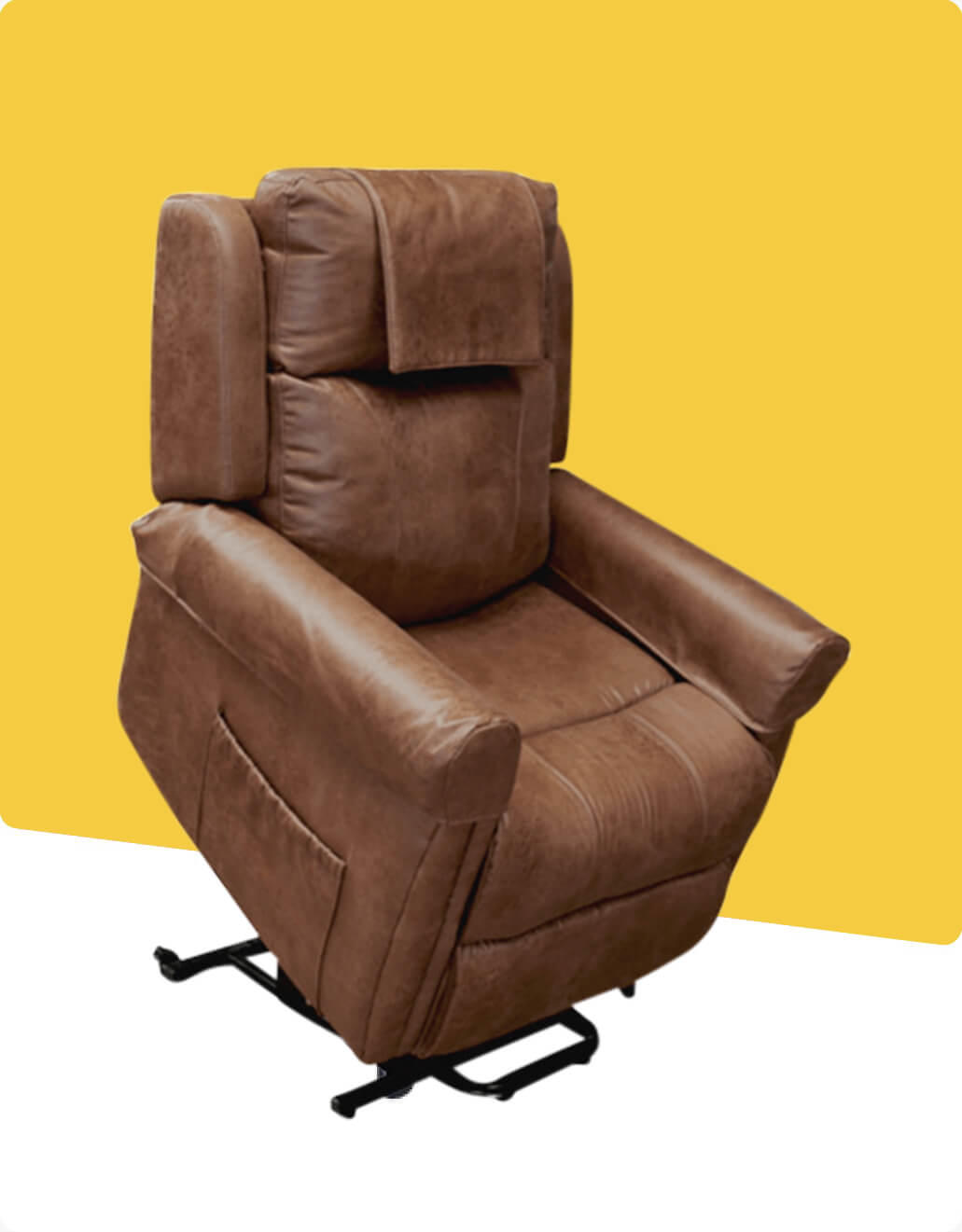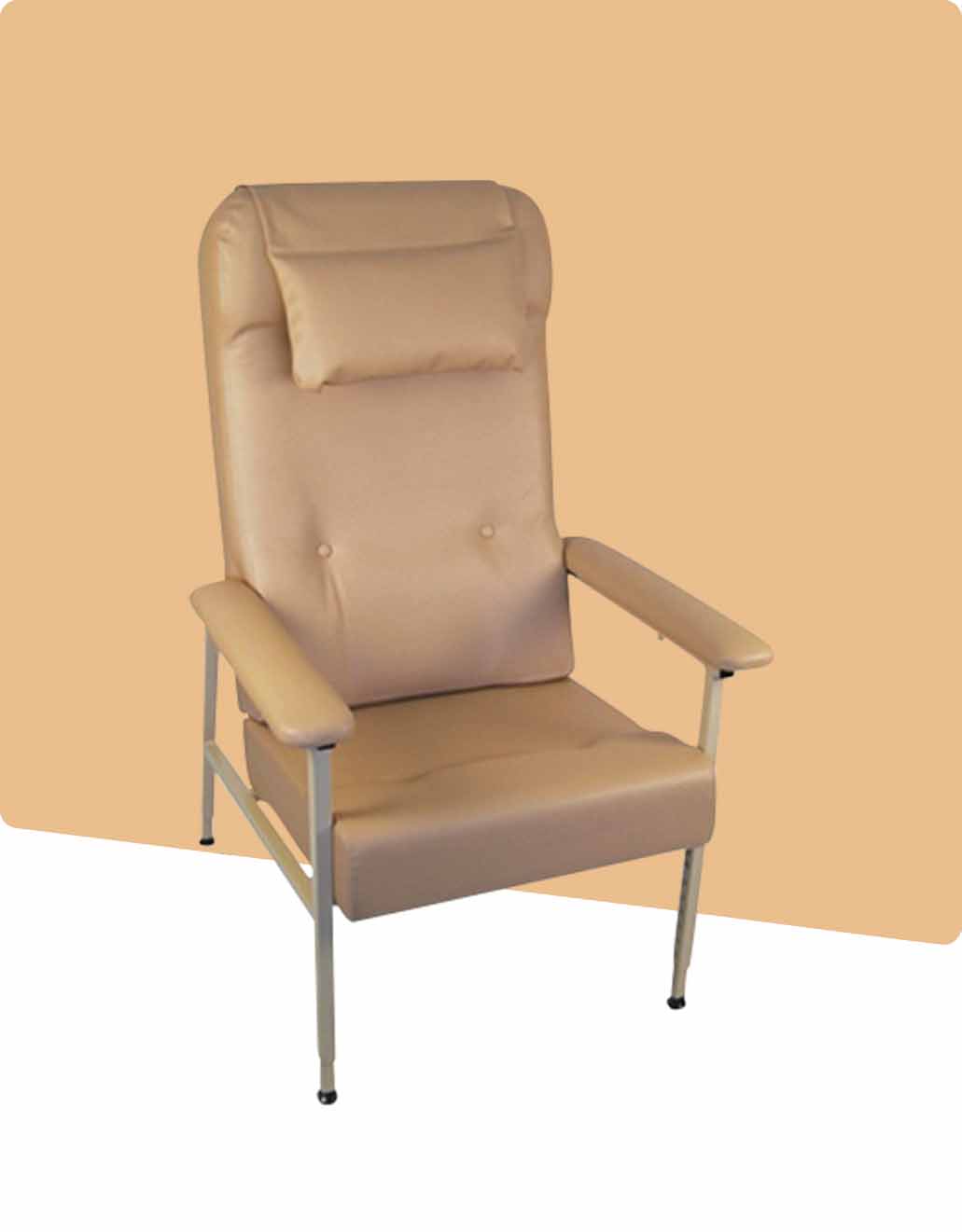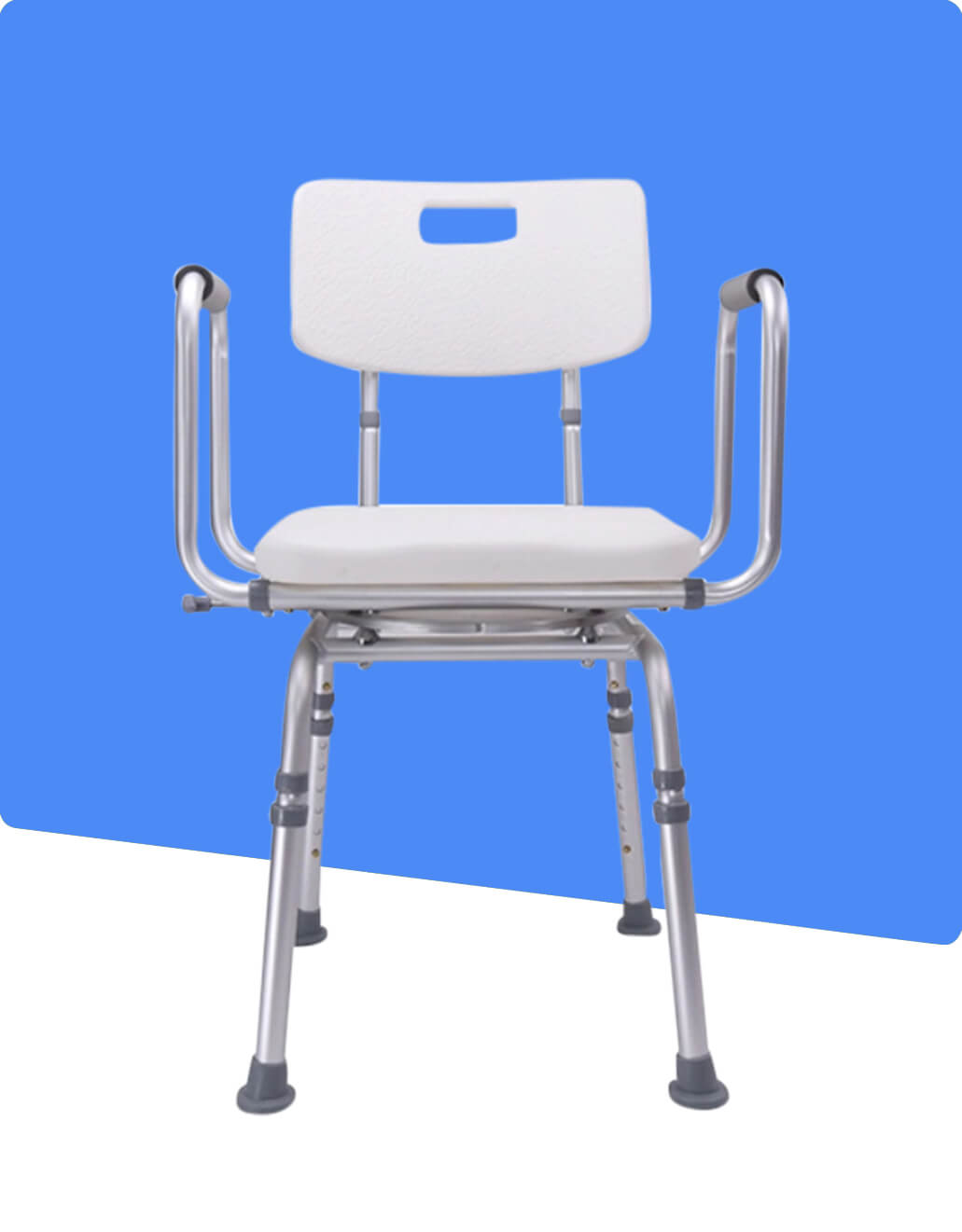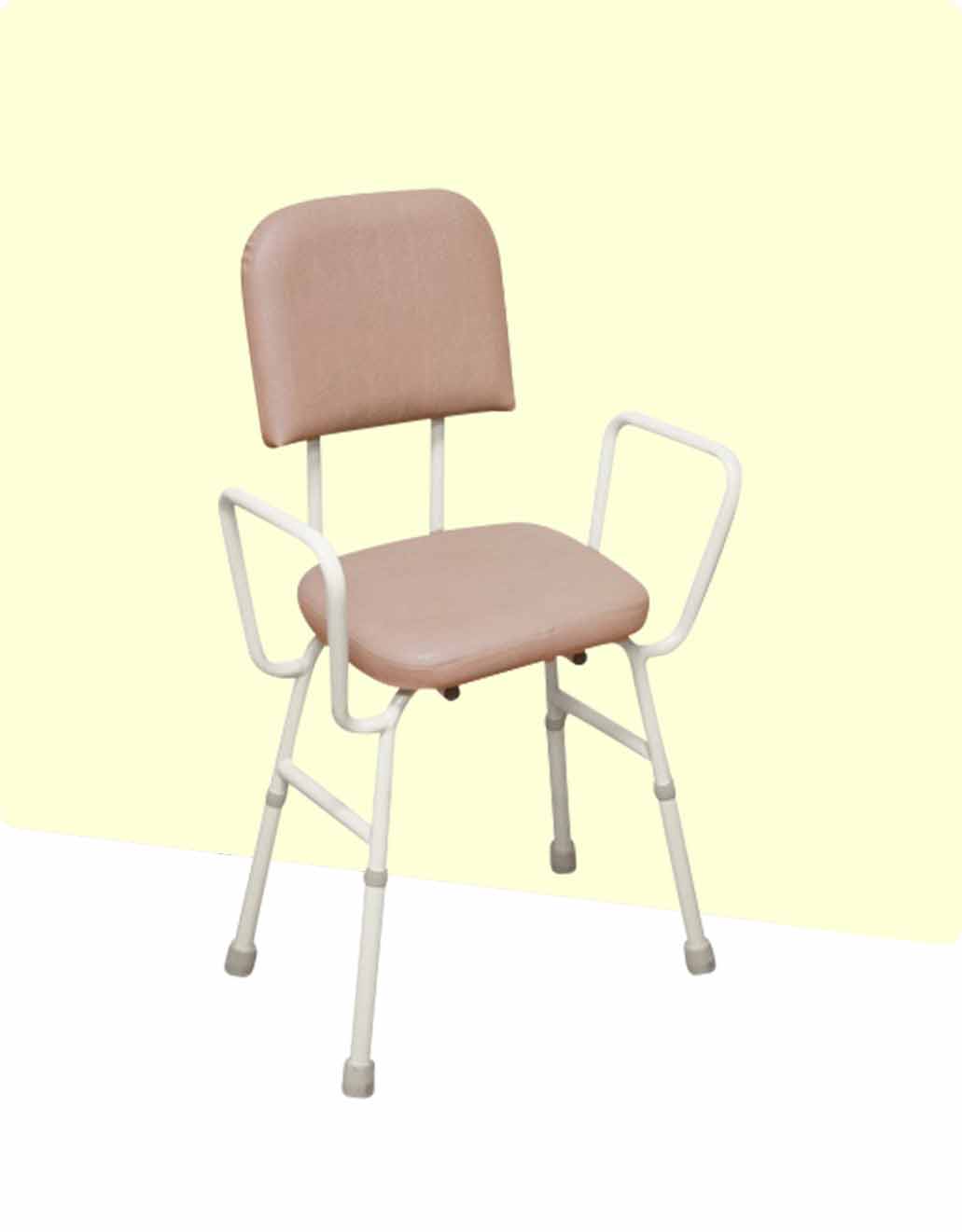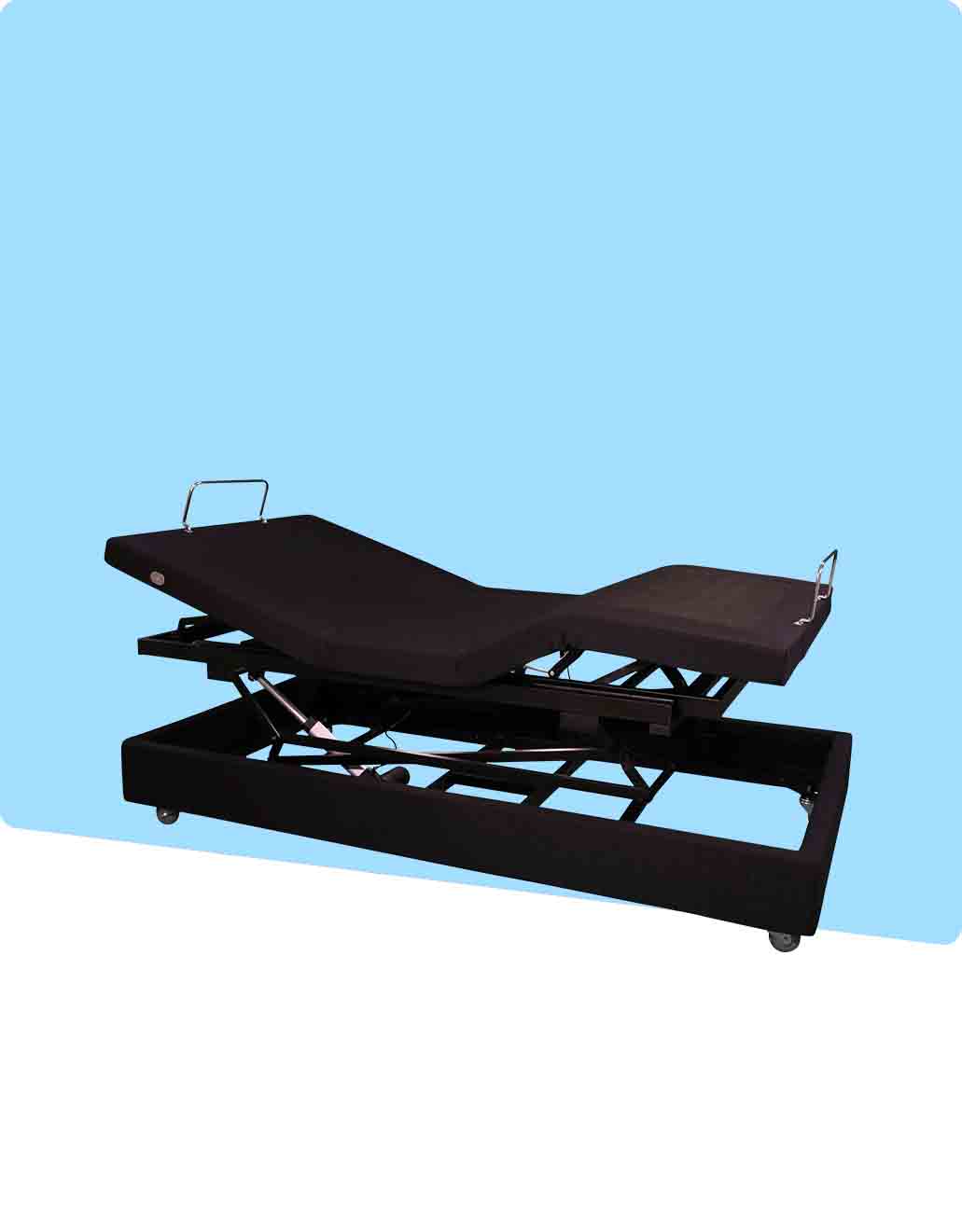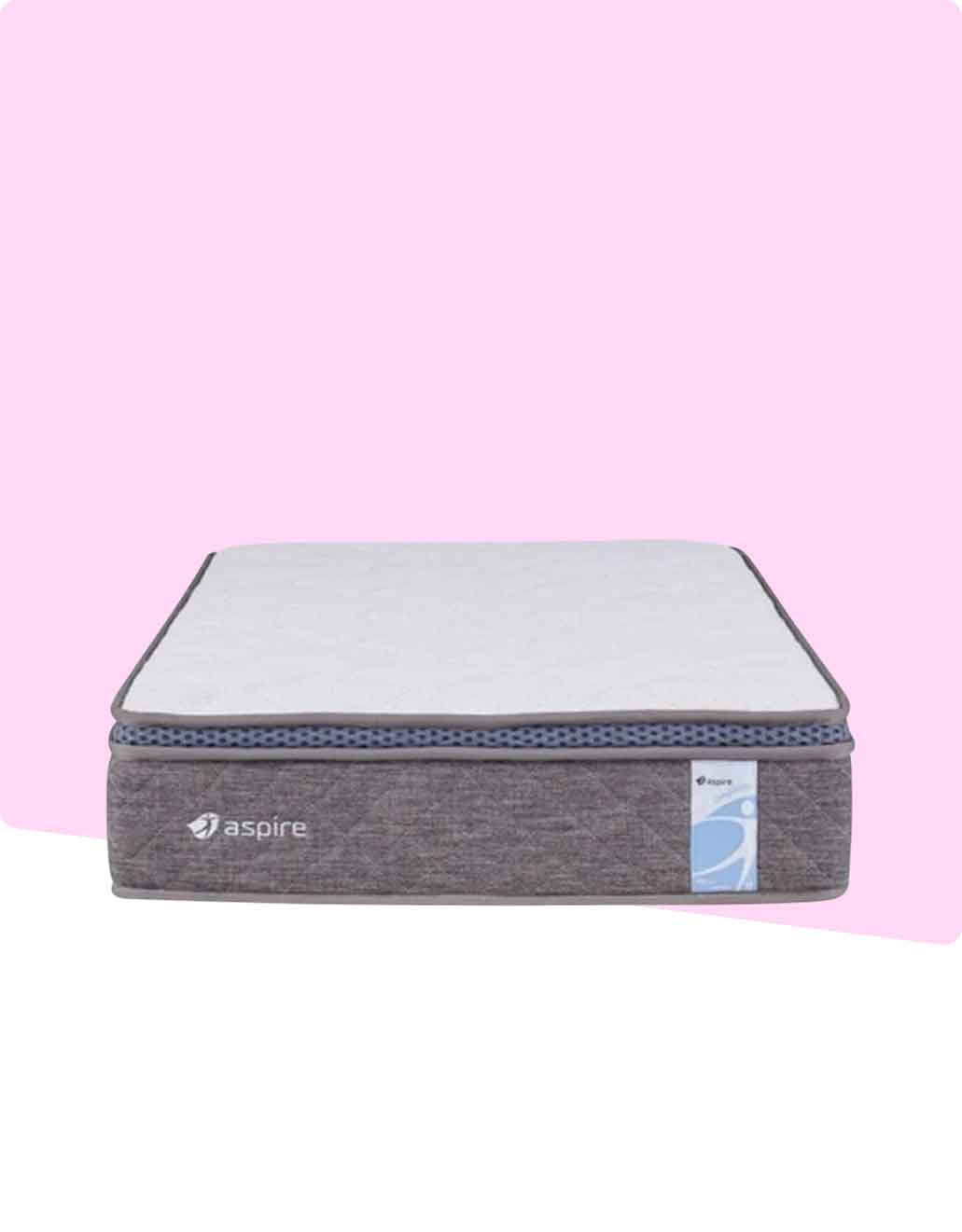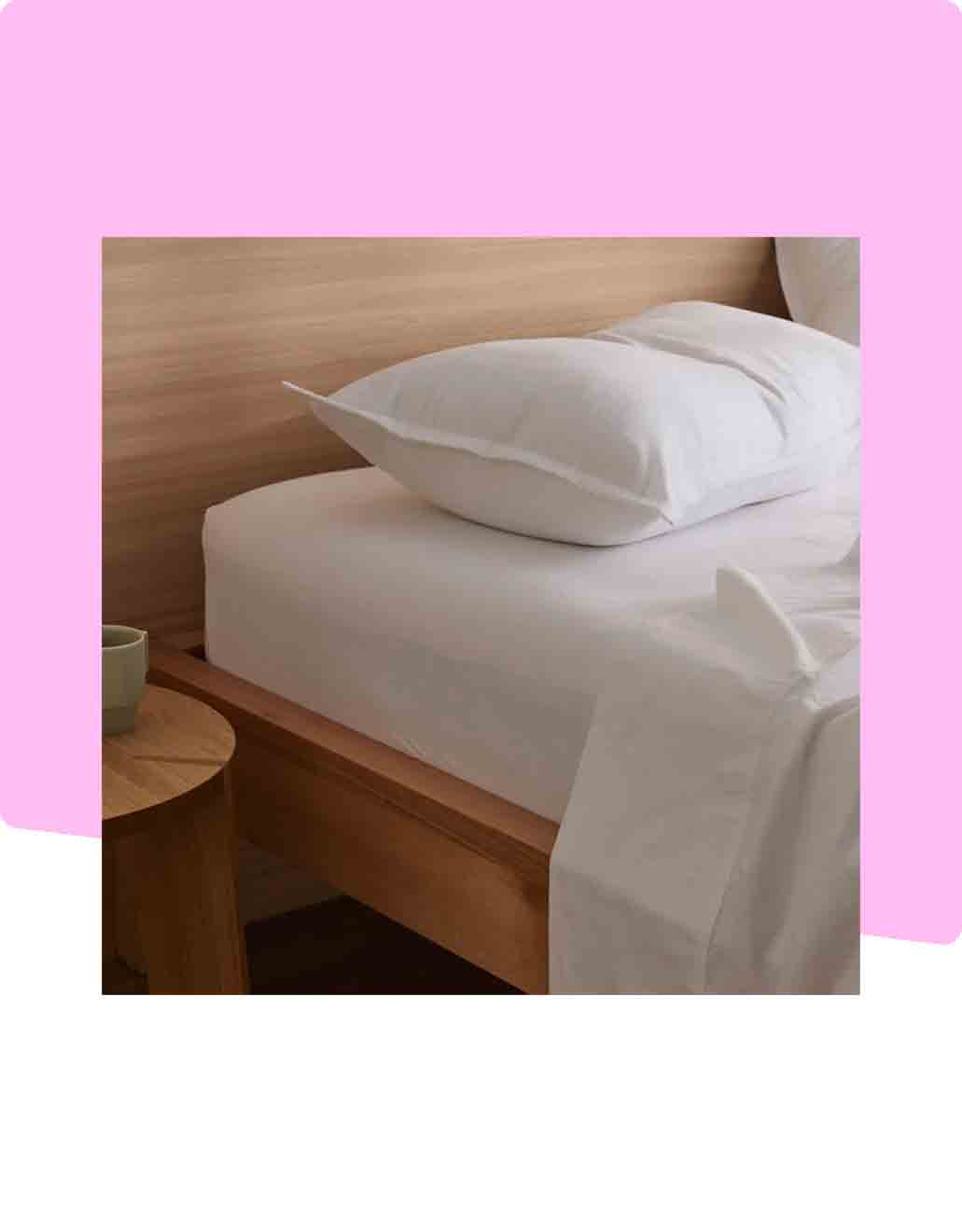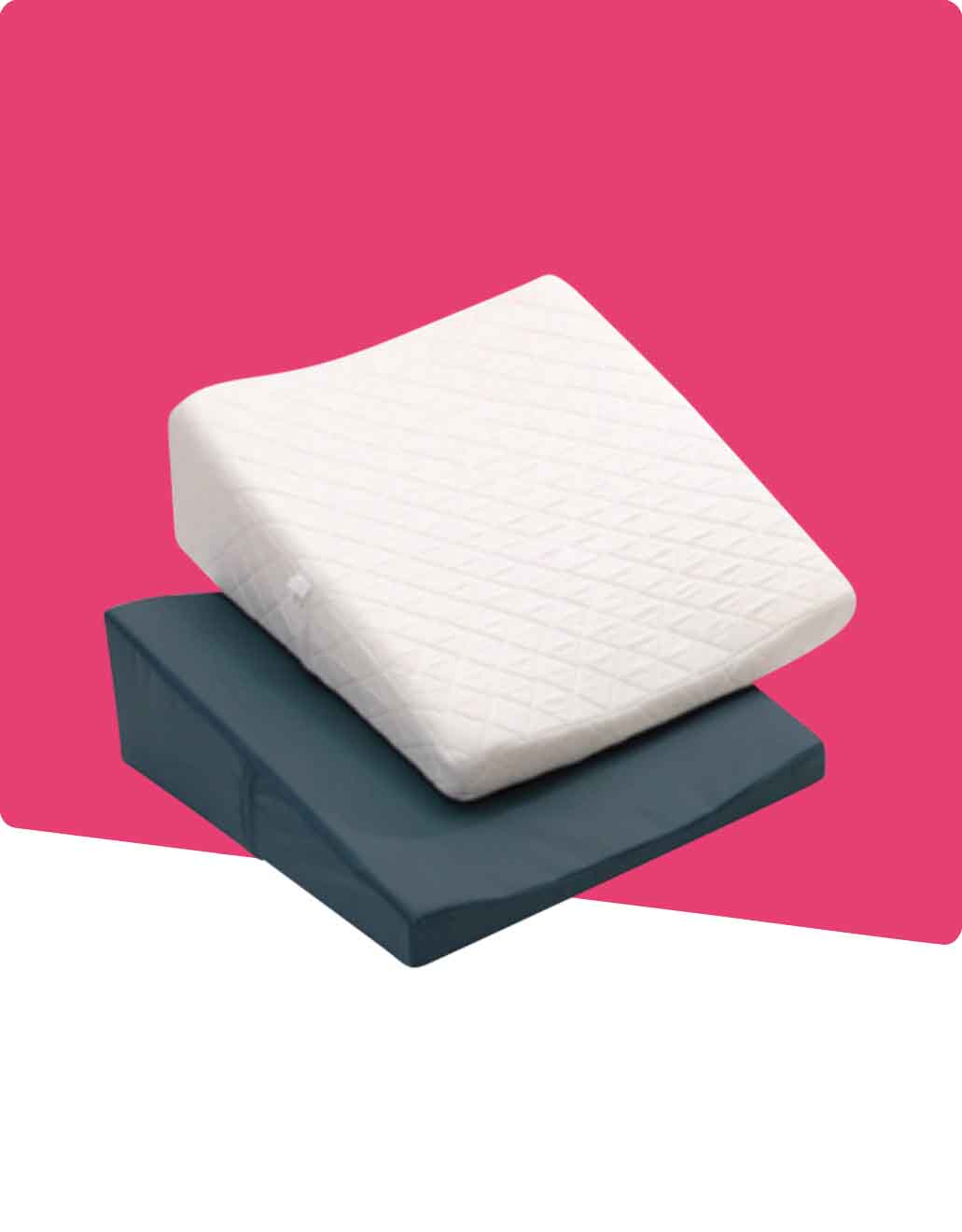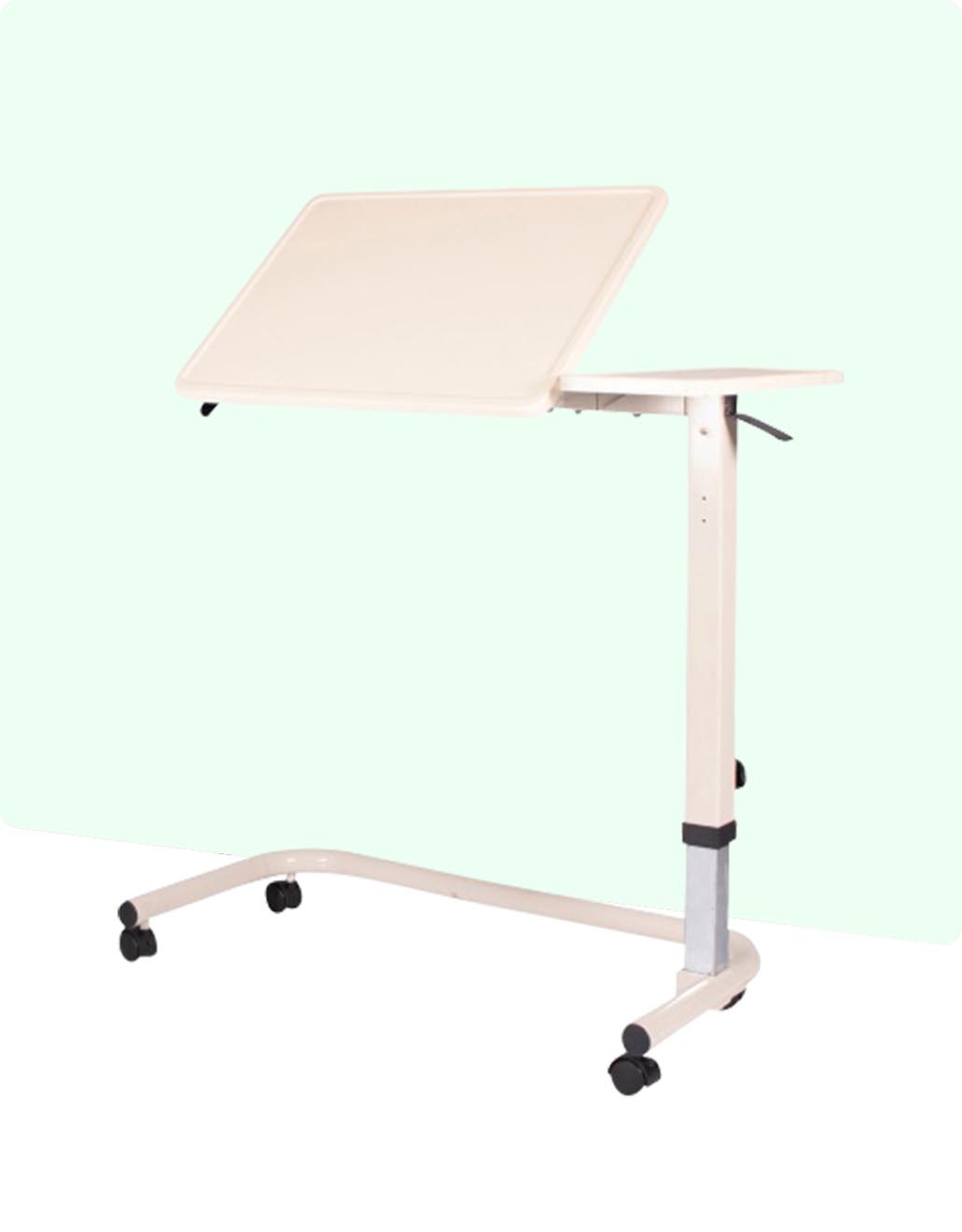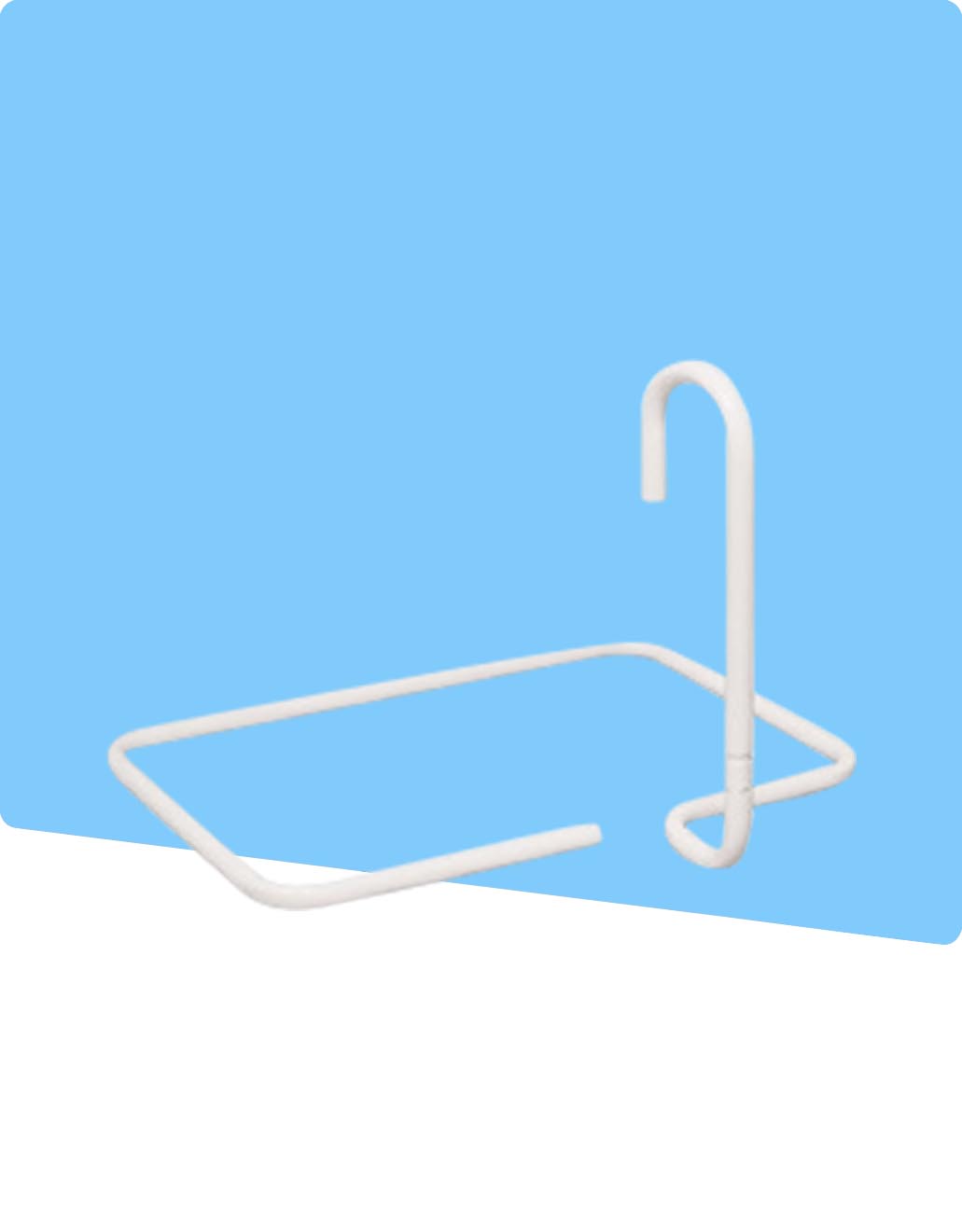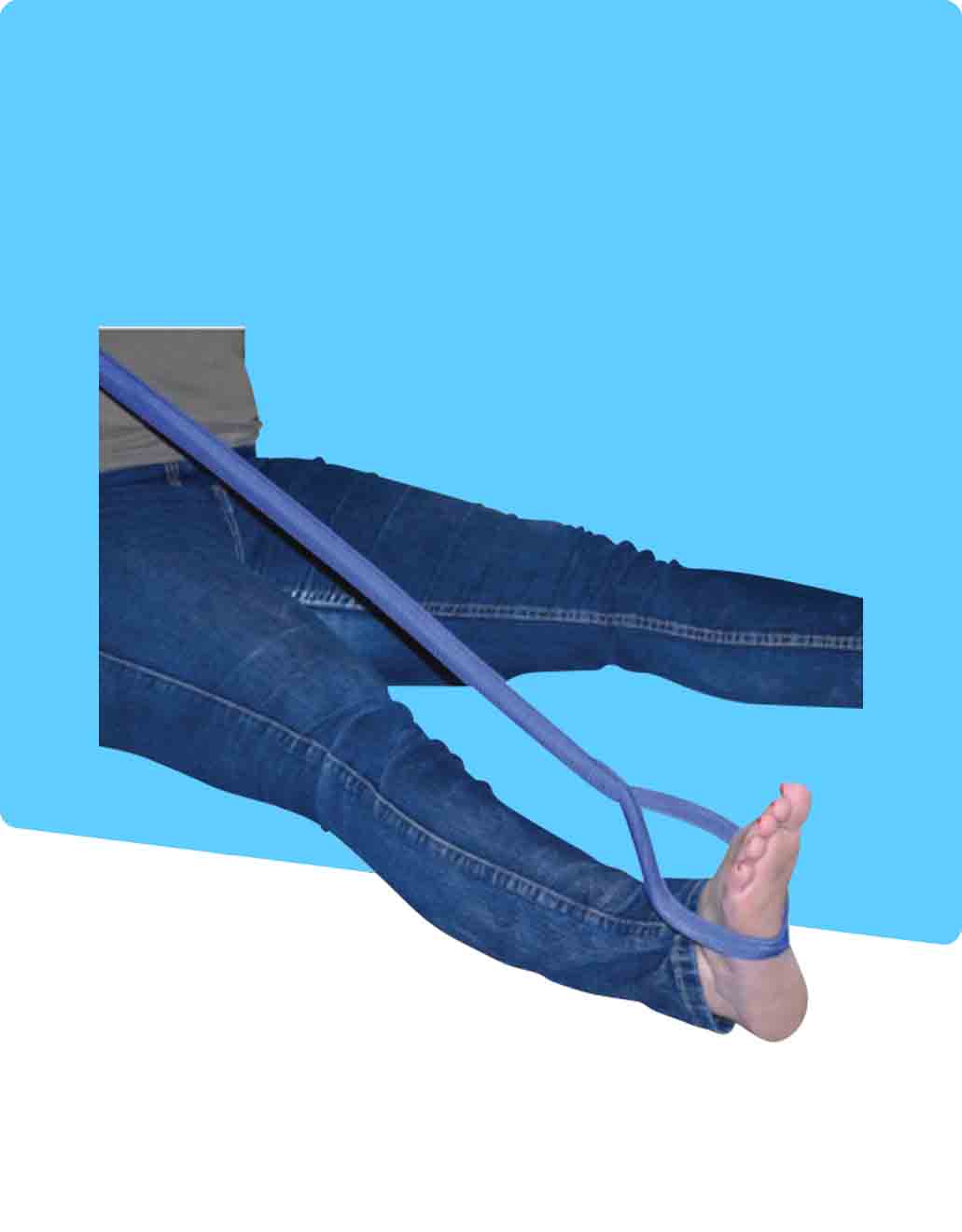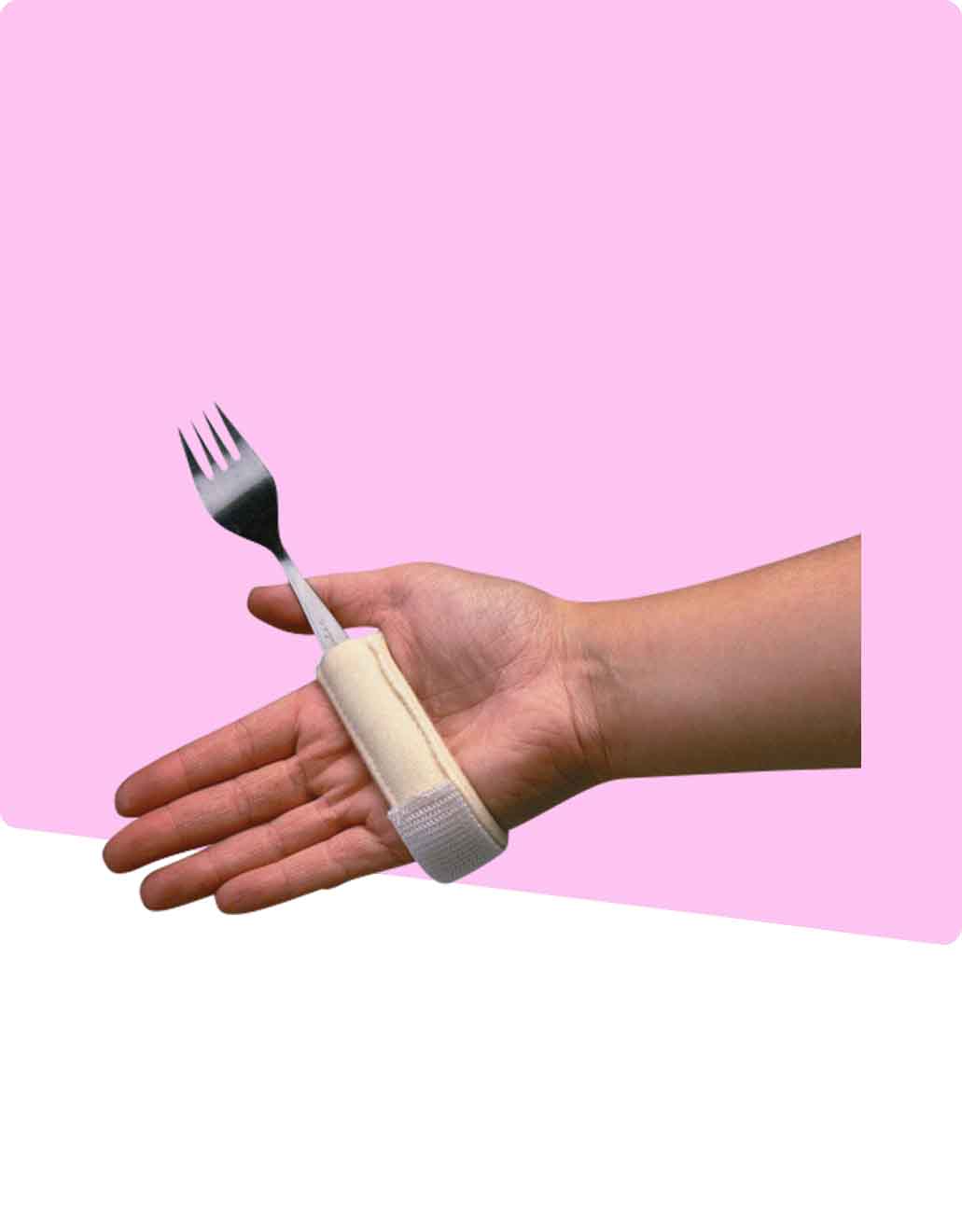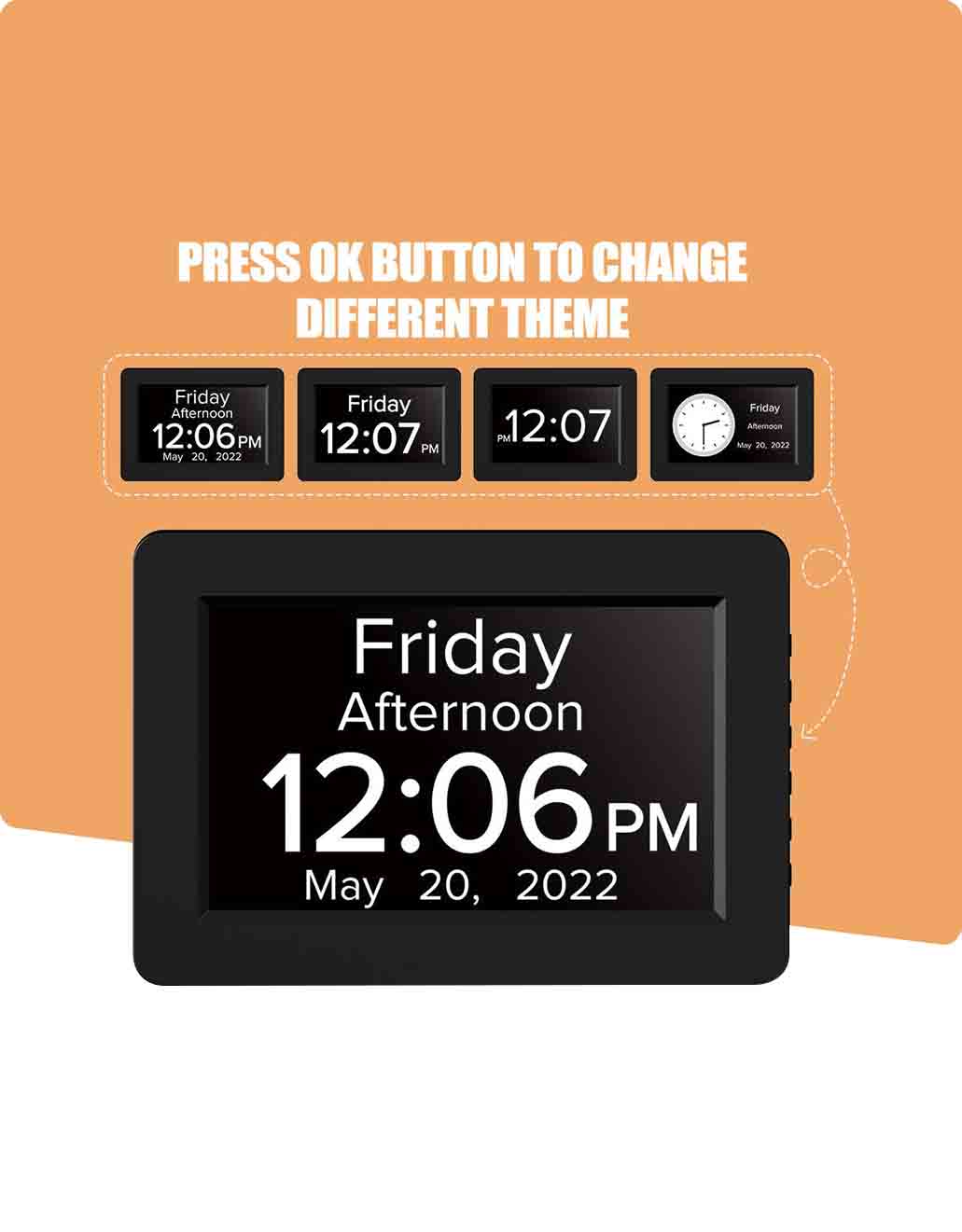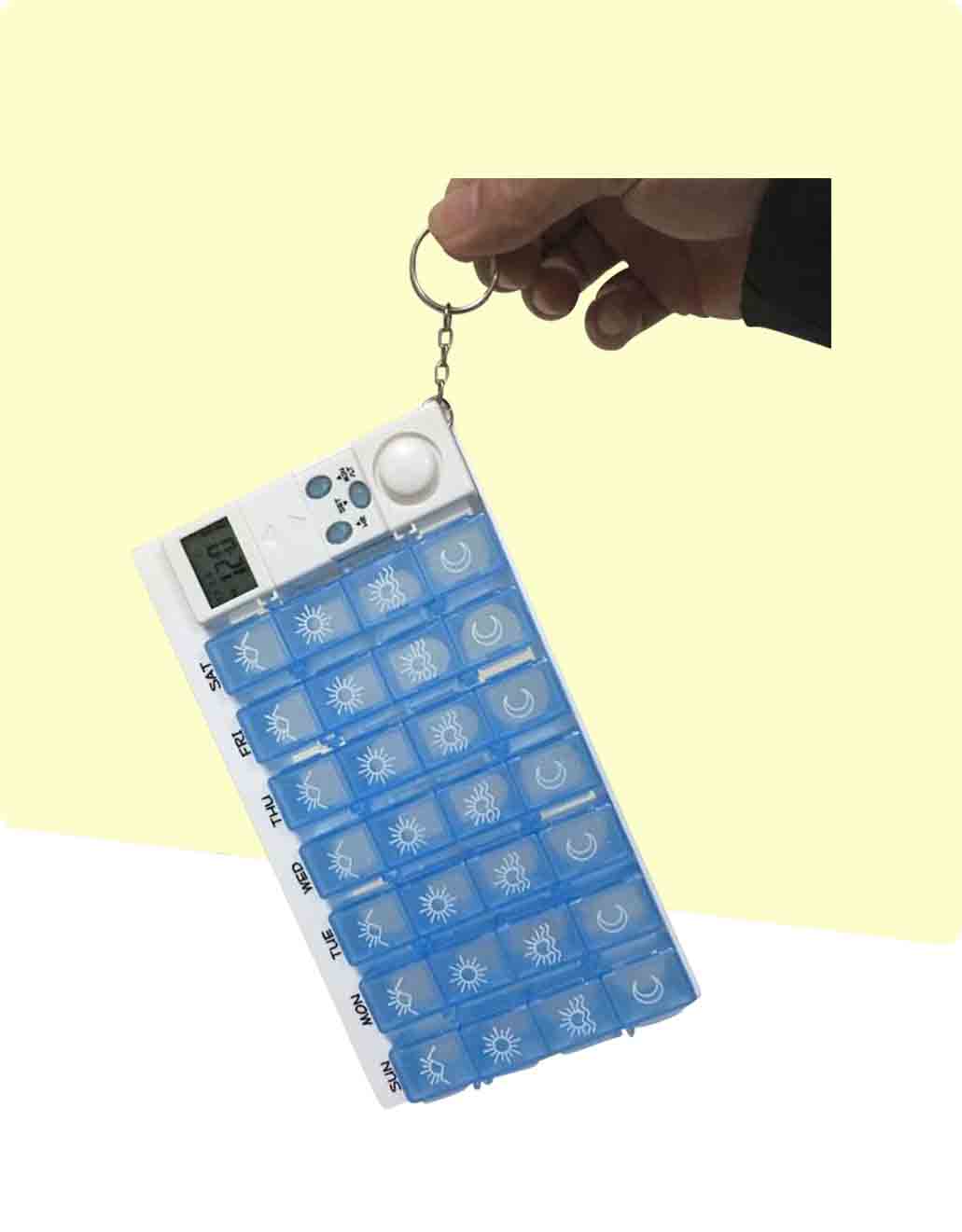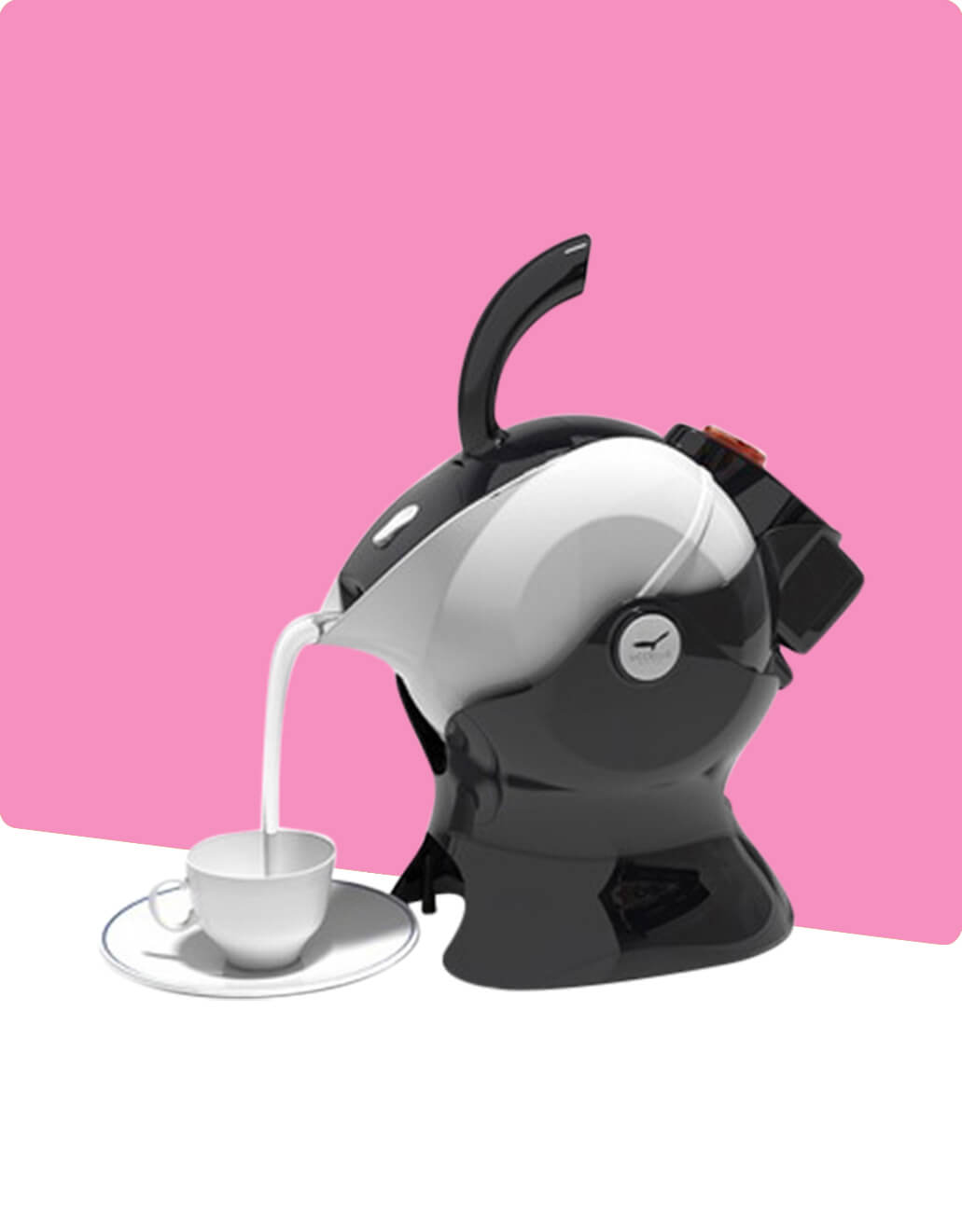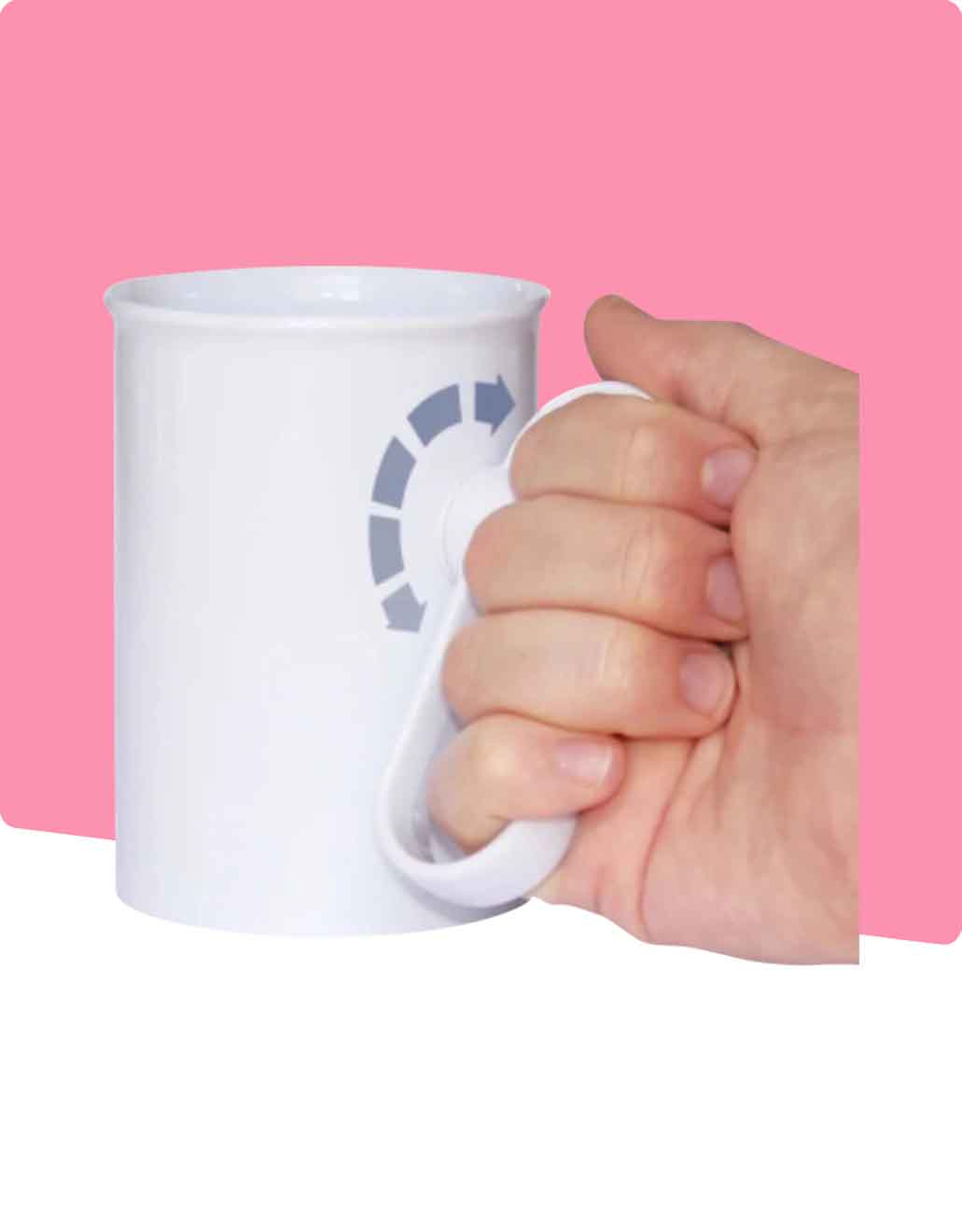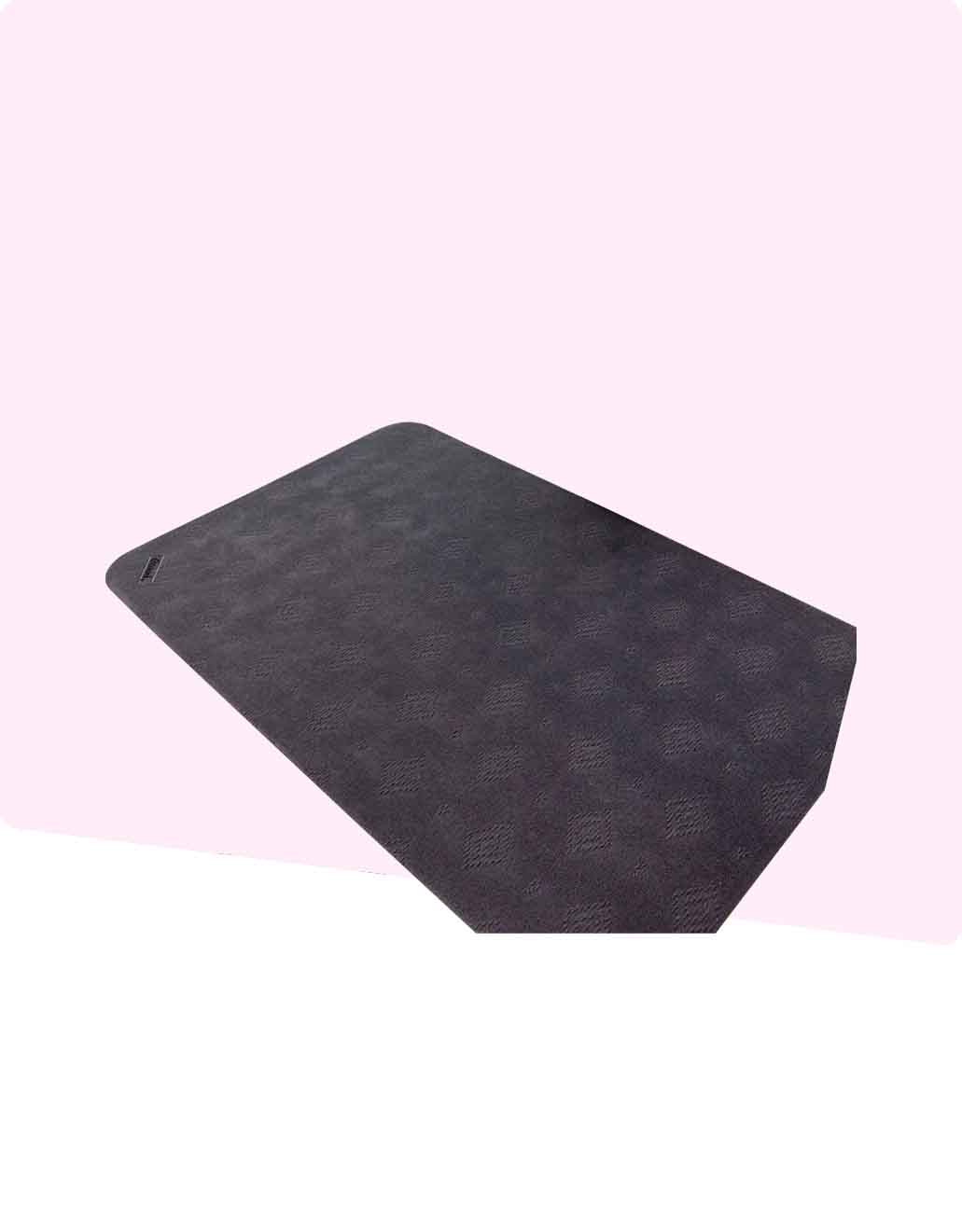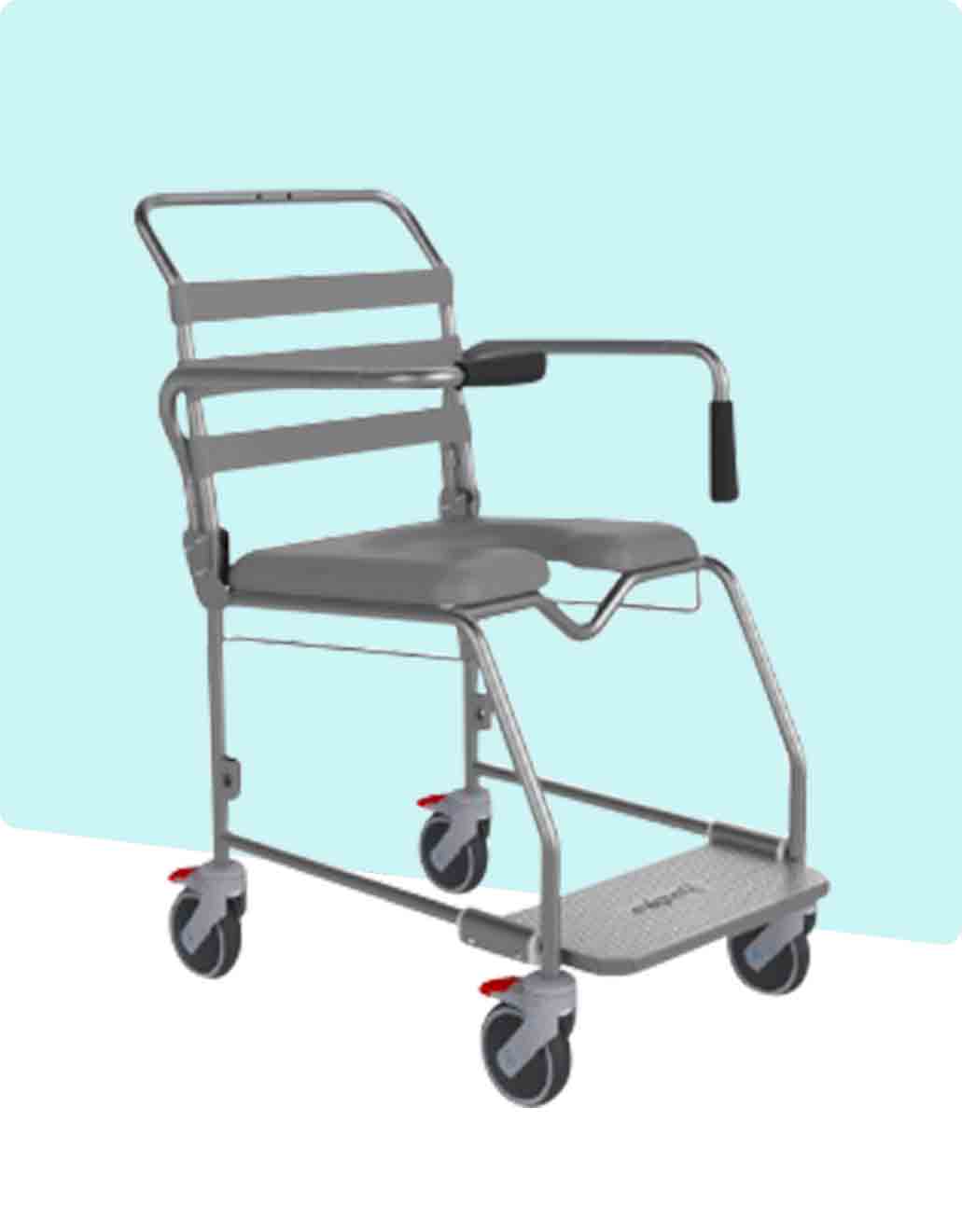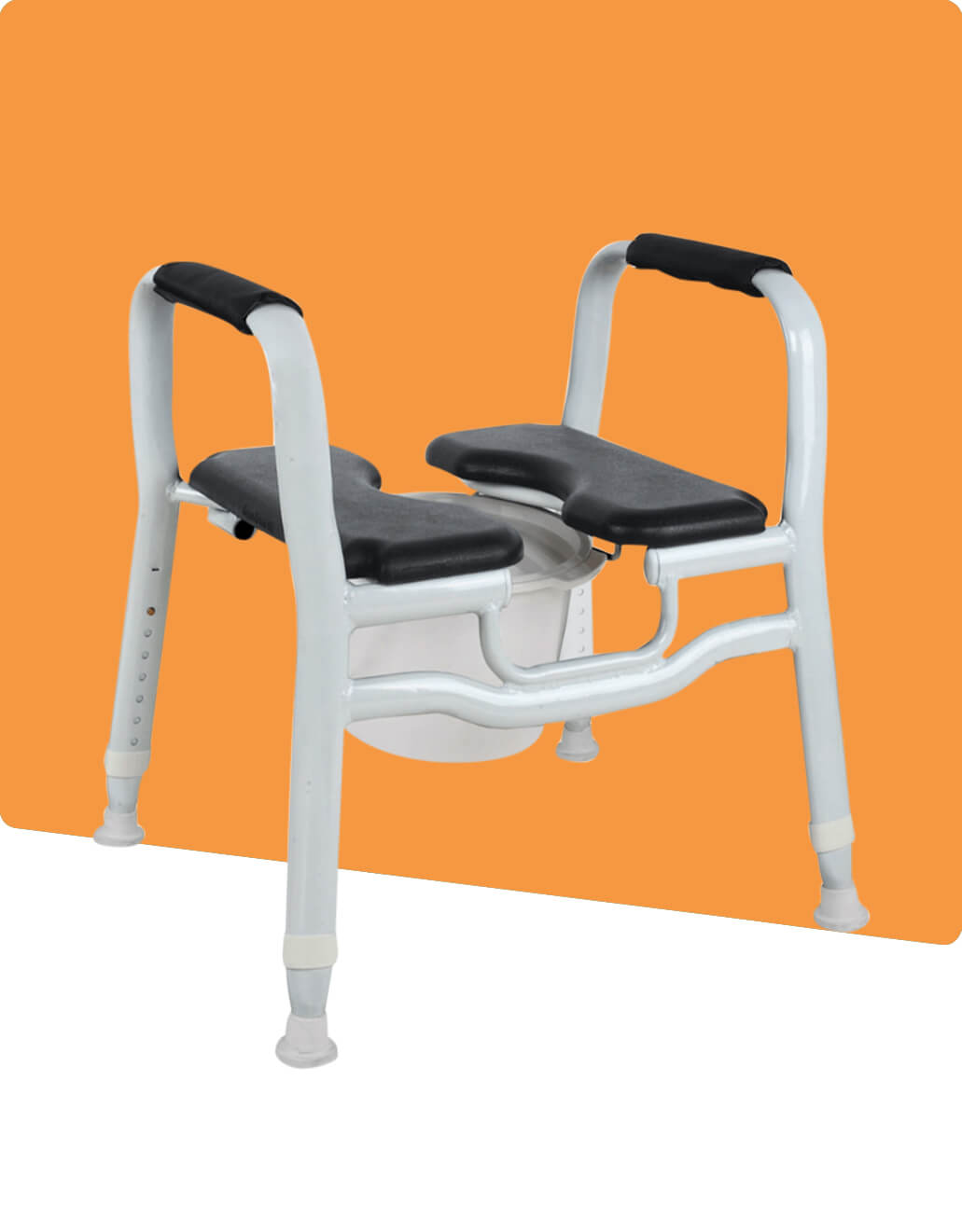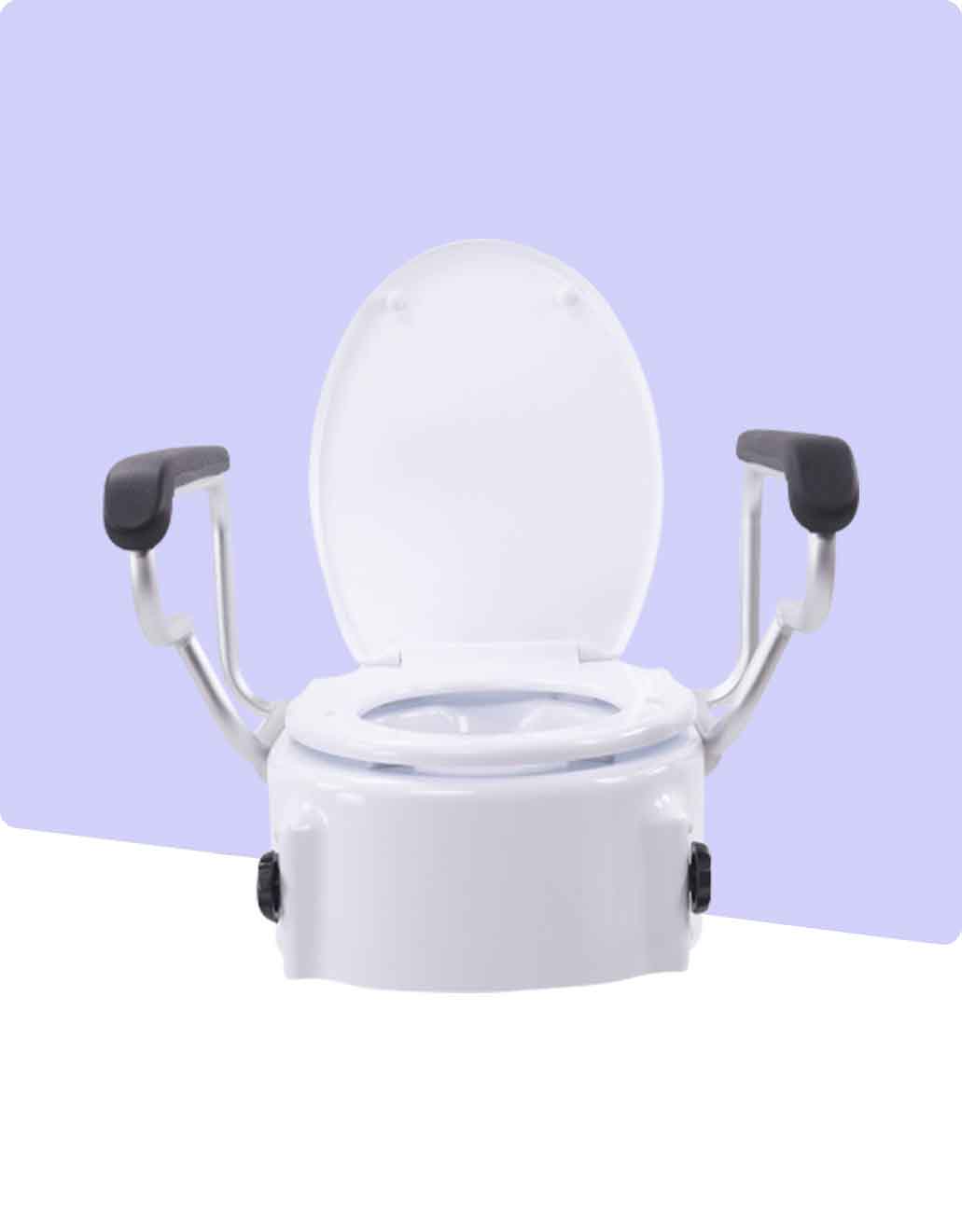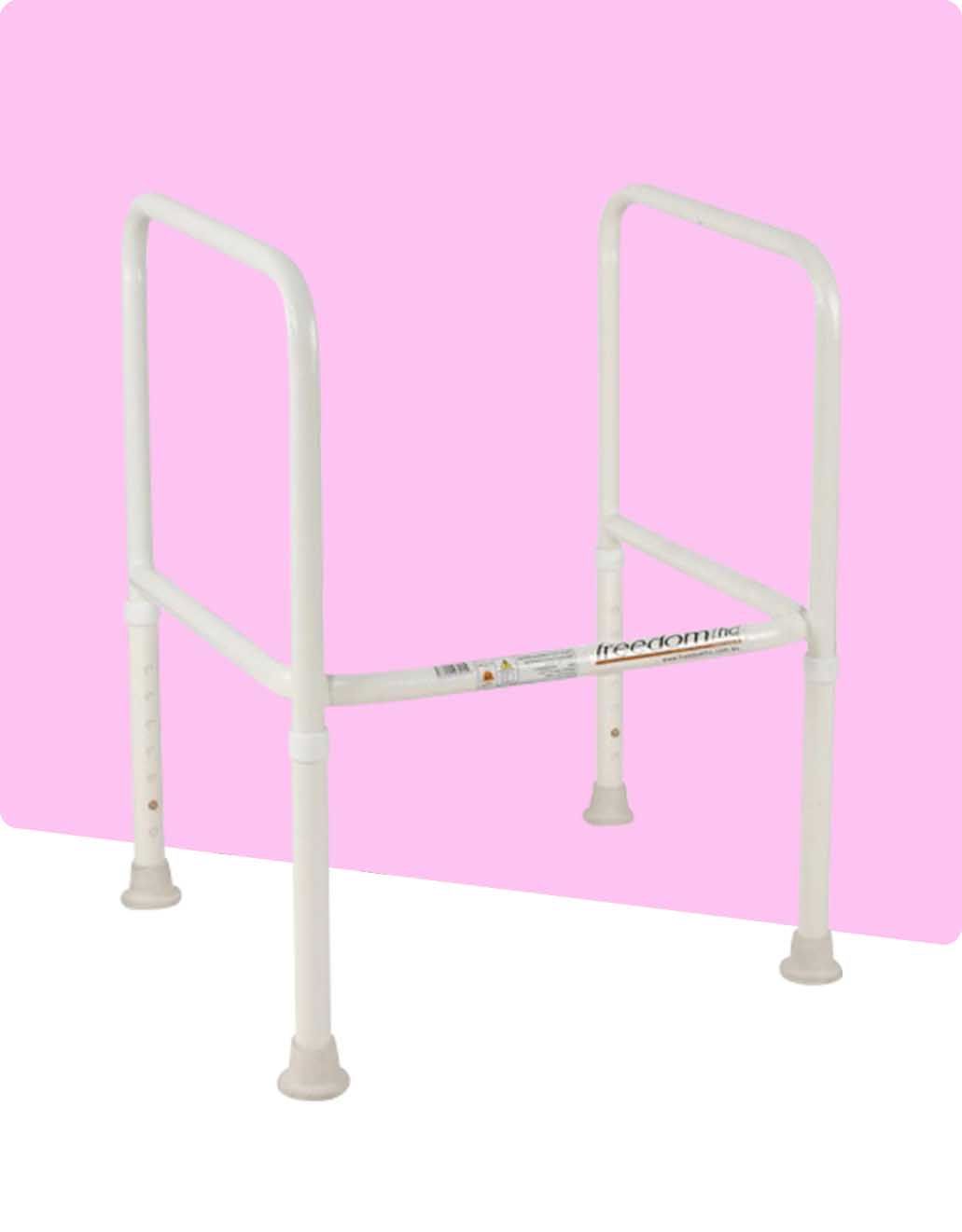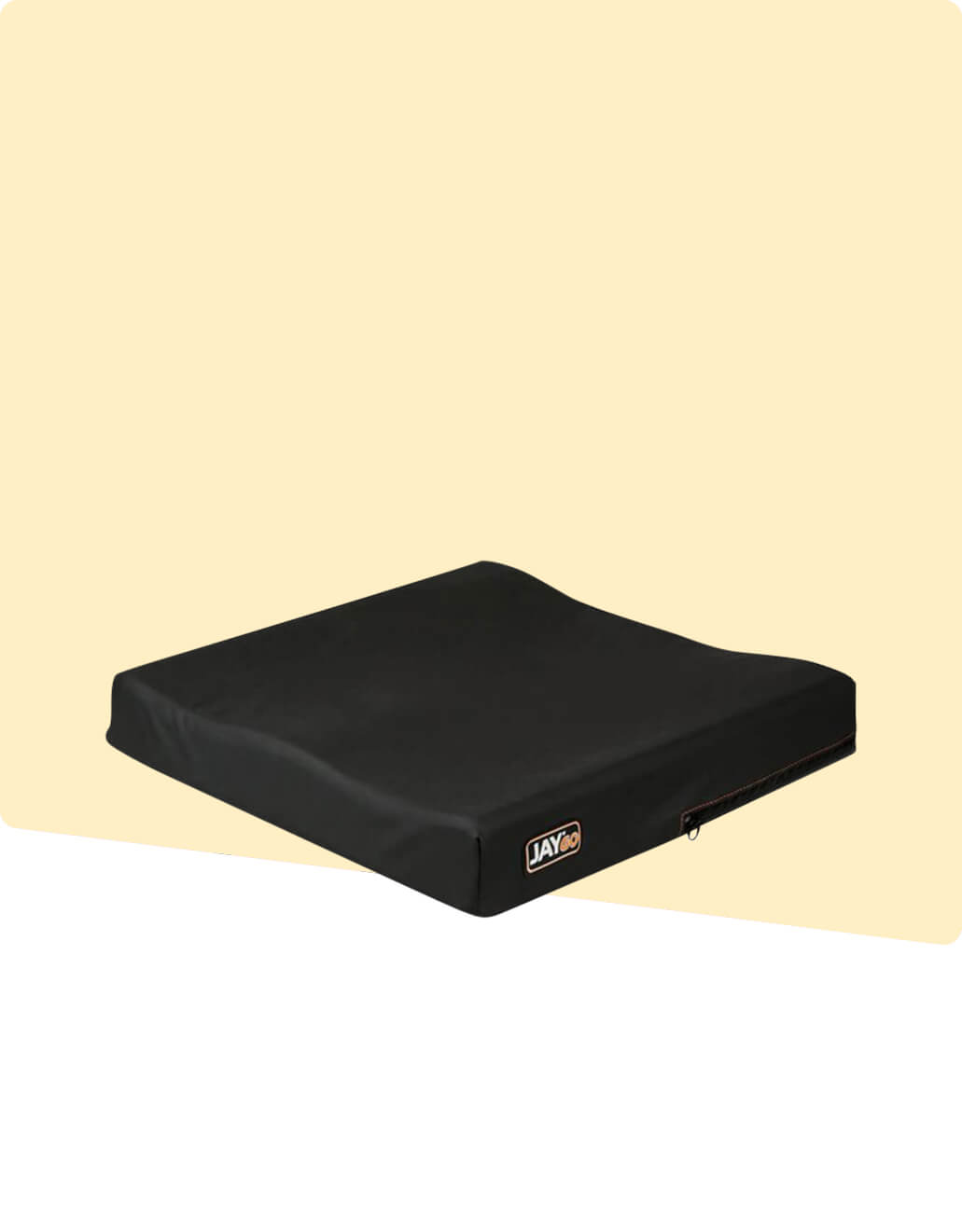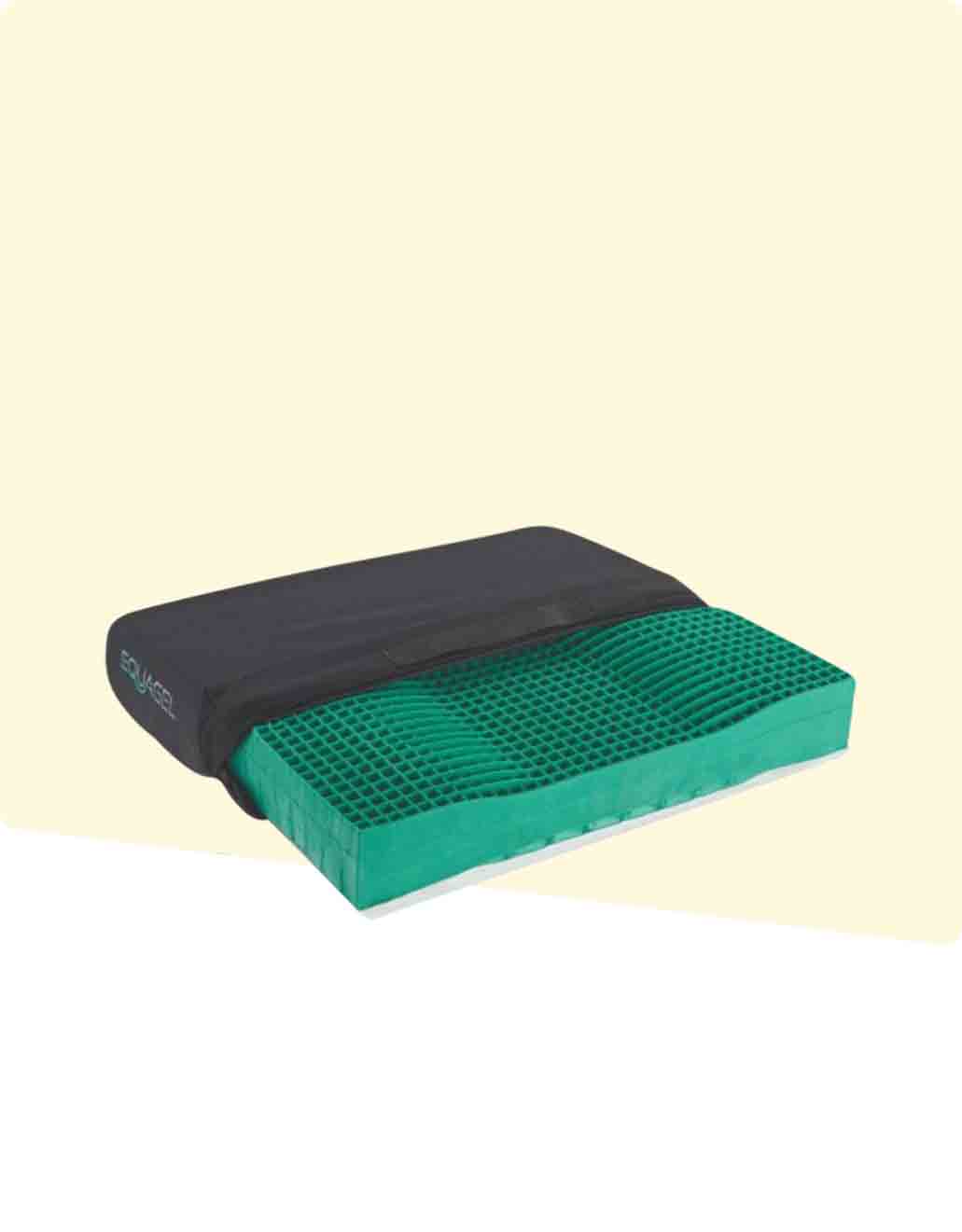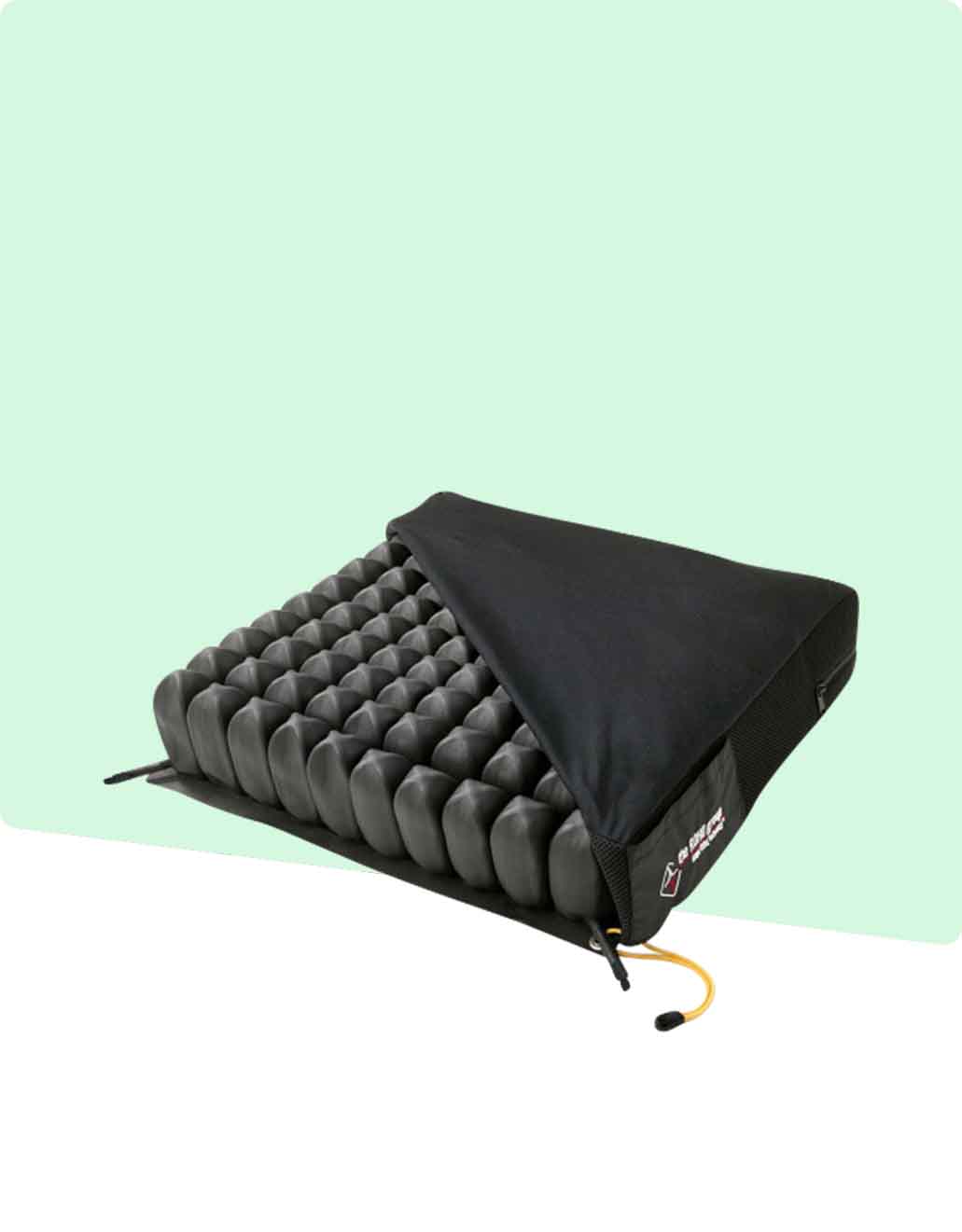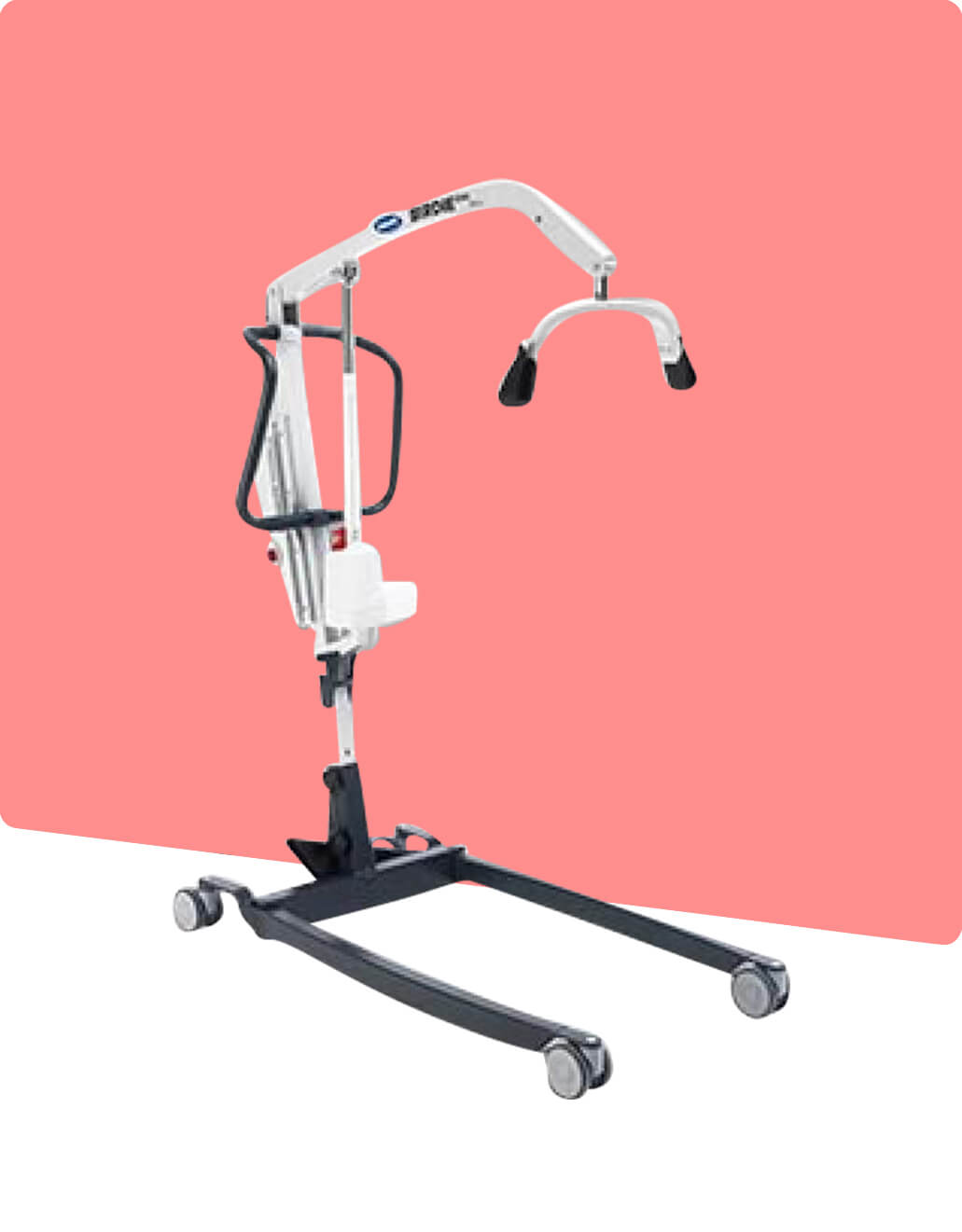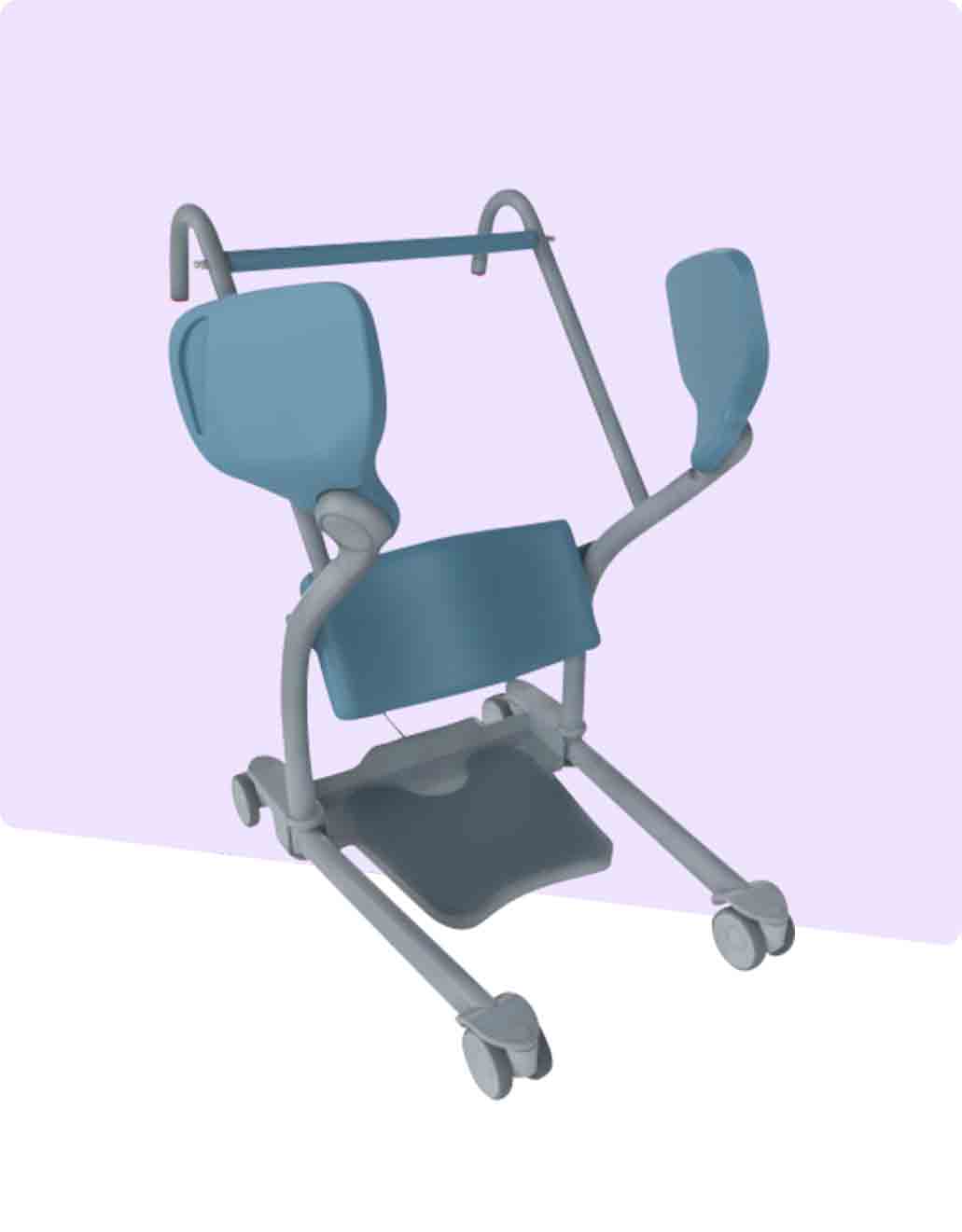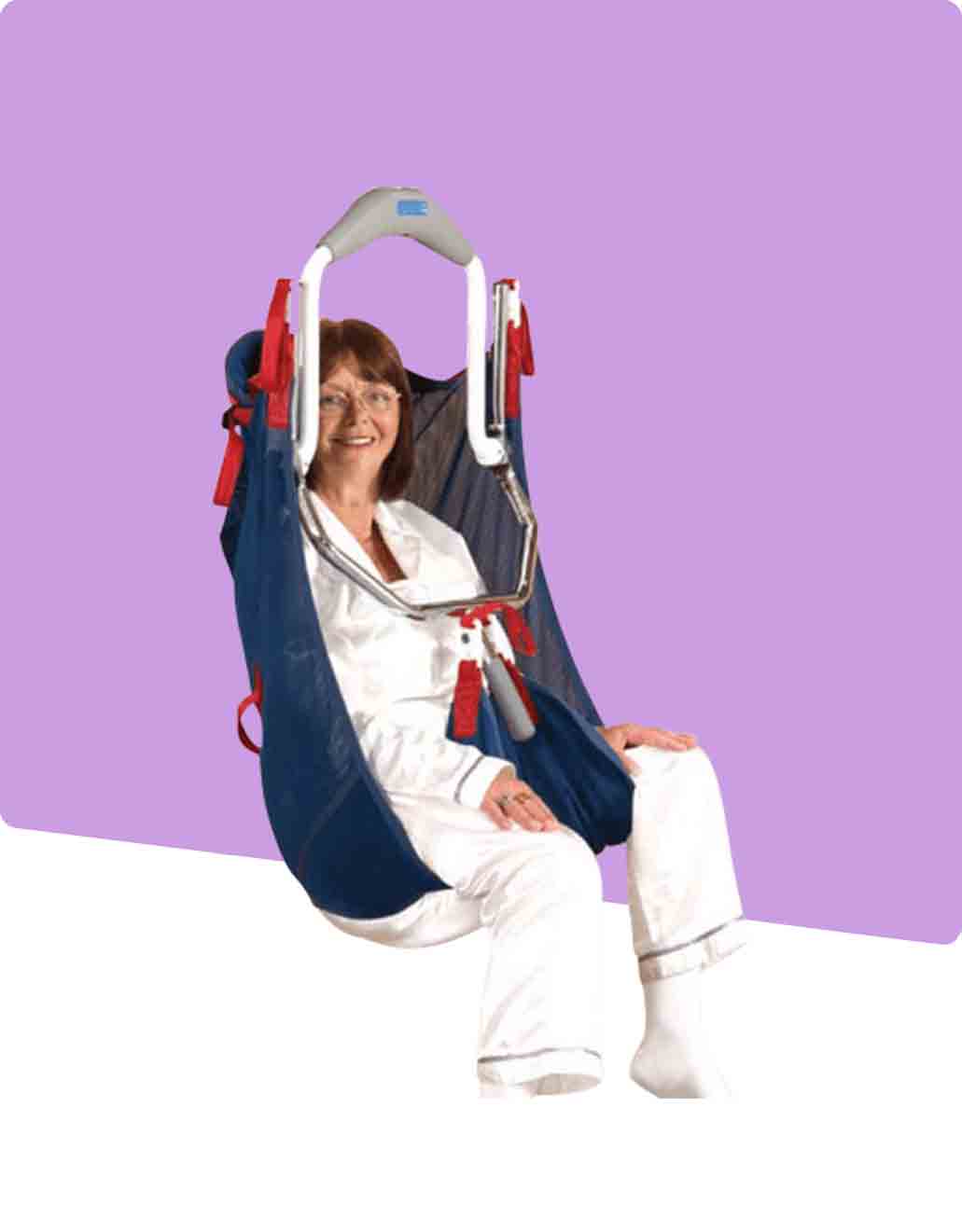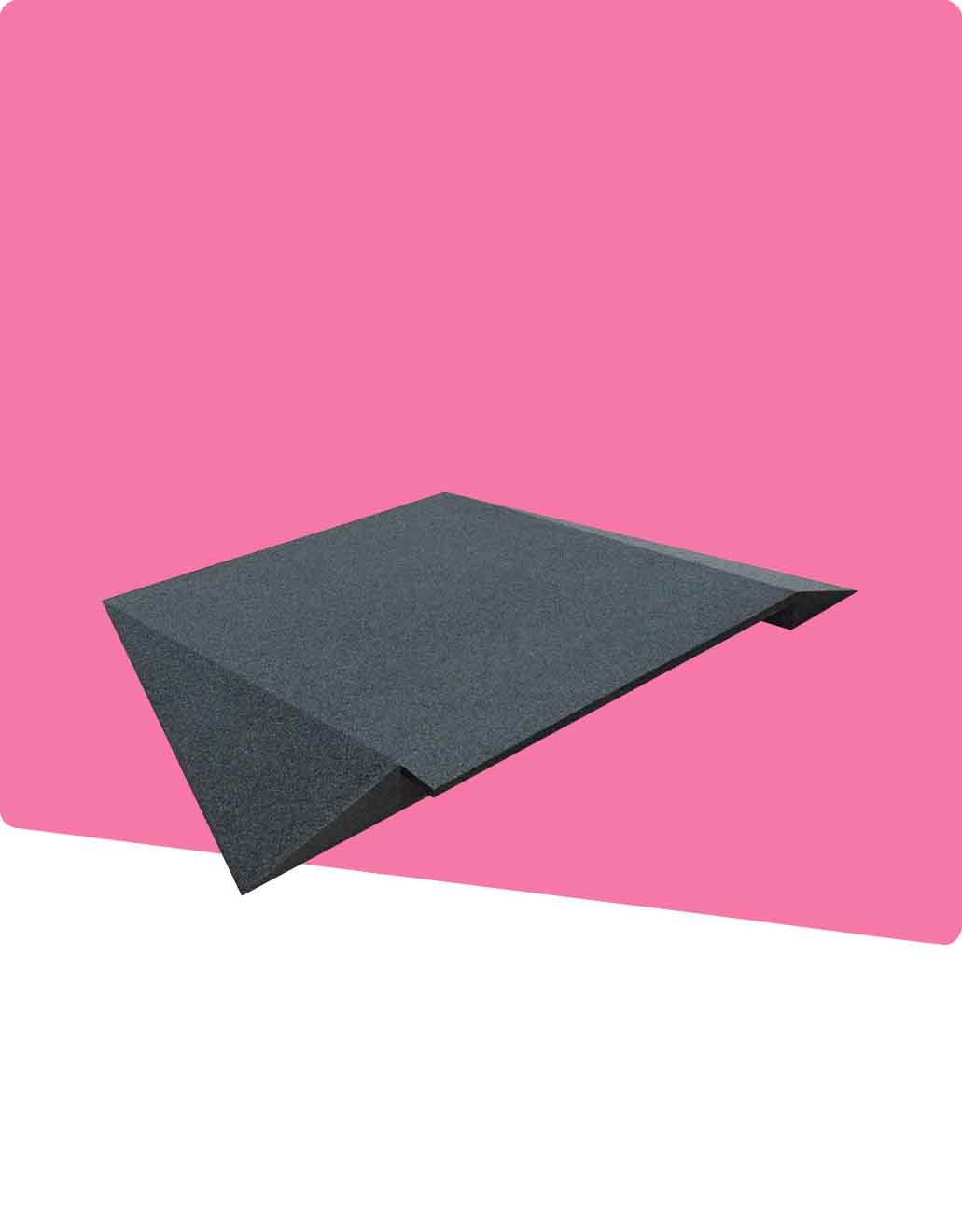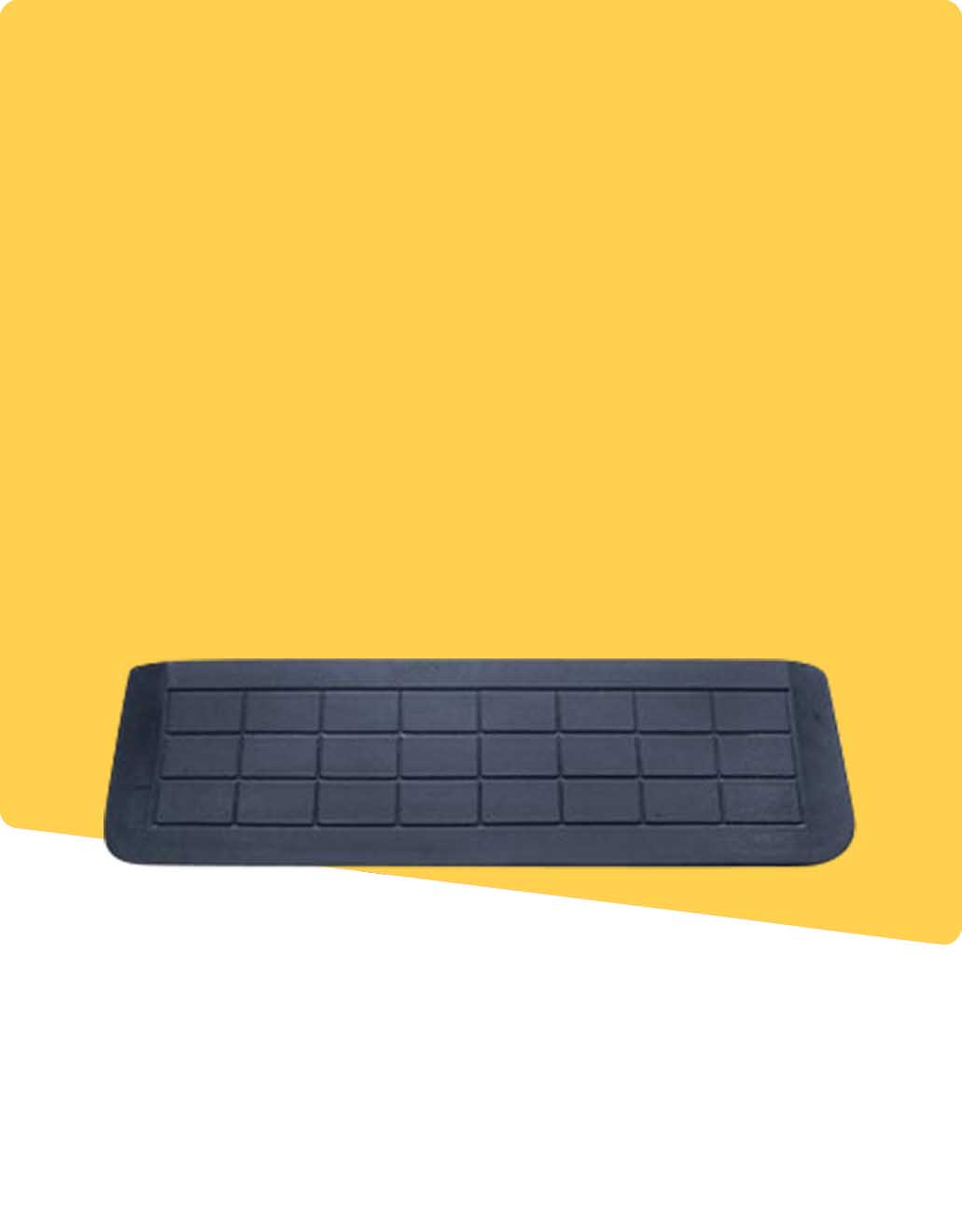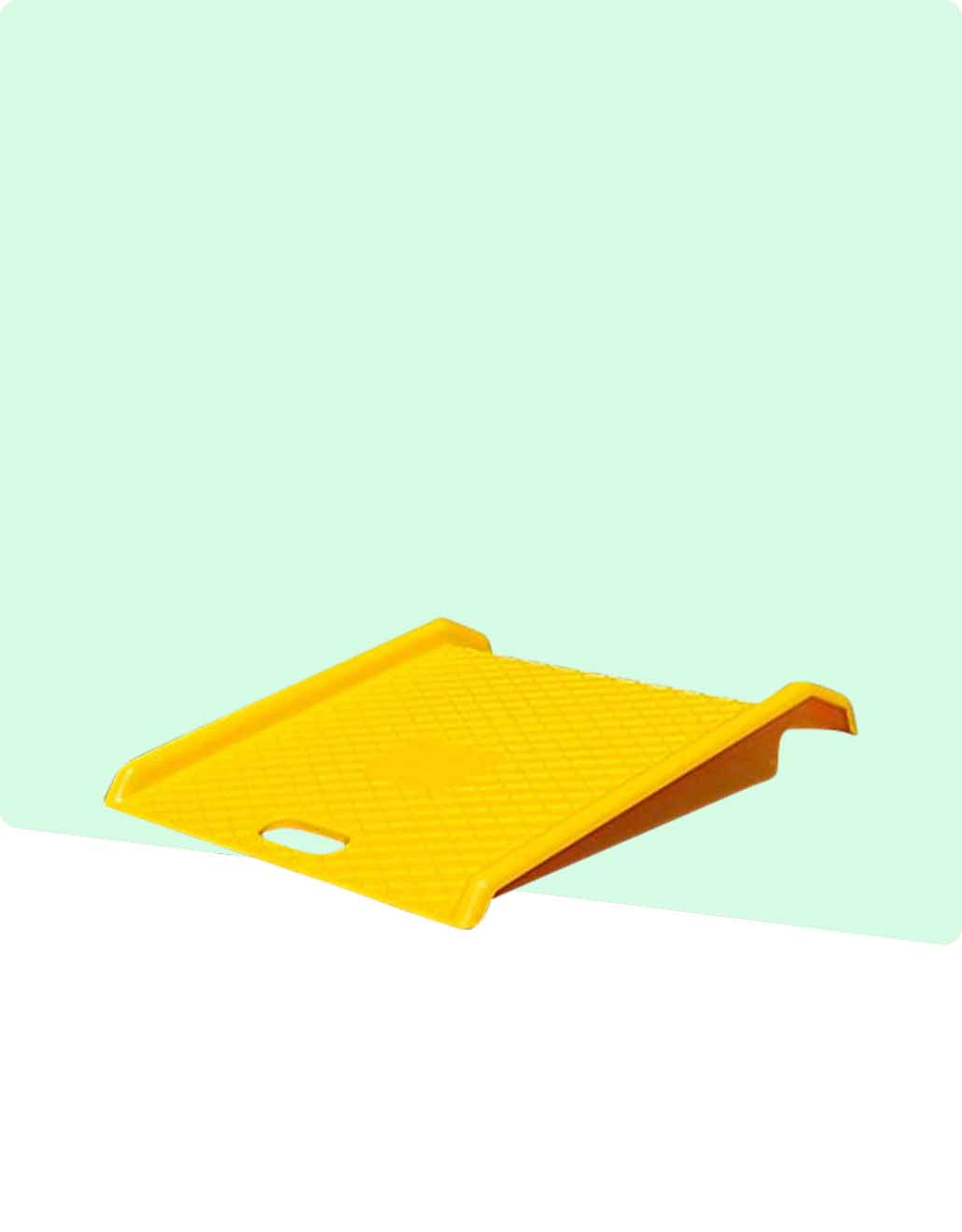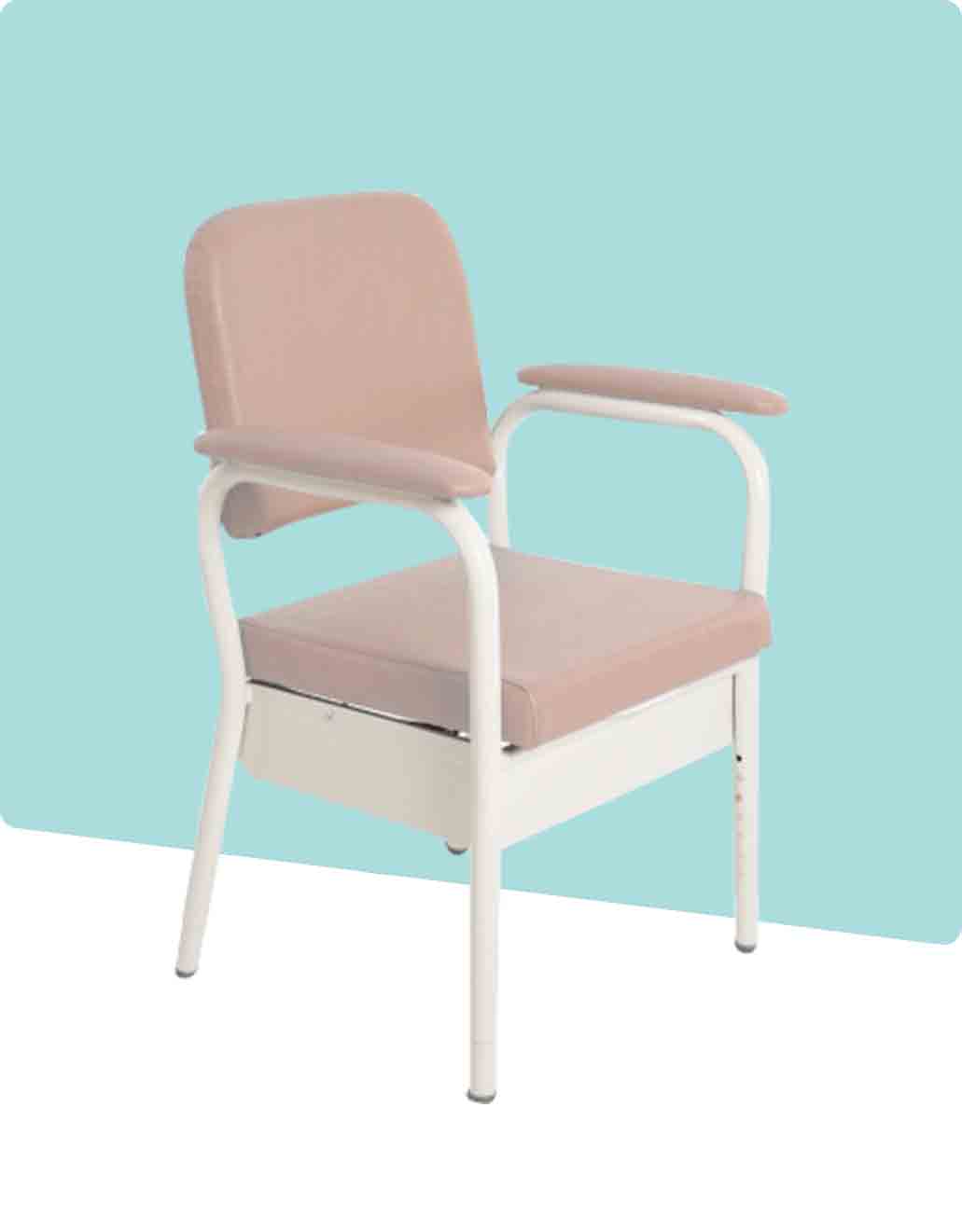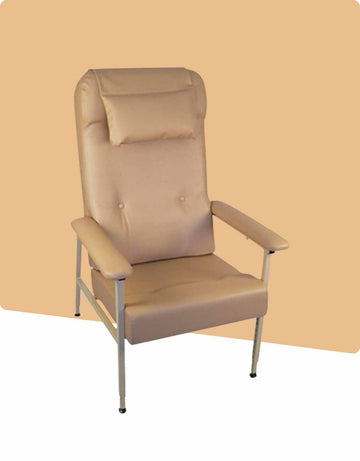Comfort Meets Independence: How the Right Day Chair Can Transform Daily Living
by Deborah Batchelor on Oct 23, 2025
Finding Comfort and Independence: How Day Chairs from Adaptive Living Support Everyday Living
Designed for relaxation and everyday use. Each chair offers enhanced stability and ergonomic support to promote independence and ease of movement.
Sitting affects the way we live. For many people, a chair is more than just a piece of furniture - it’s a vital part of maintaining comfort, mobility and dignity throughout the day. Whether you’re recovering from an injury, managing a chronic condition or supporting a loved one with limited mobility, the right seating solution can make all the difference.
That’s where Adaptive Equipment Day Chairs come in. Thoughtfully designed for both comfort and practicality, these chairs are an essential part of daily living for many individuals. In this article, I’ll explore what makes day chairs so beneficial, who can benefit most, and how the Day Chairs Collection from Adaptive Equipment can help promote relaxation, safety, and independence in the home and care environment.
Understanding the Role of a Day Chair
A Day Chair is designed to provide comfortable, supportive seating for extended periods of time during the day. Unlike a regular household chair, day chairs are built with 'ergonomic features', 'adjustable components' and 'supportive cushioning' to meet a range of physical needs.
From a therapeutic perspective, the right chair can reduce fatigue, improve posture, and minimise the risk of pressure injuries. It can also encourage independence by allowing users to sit and move safely without constant assistance.
Many of my clients use day chairs as part of their broader care plan - whether at home, in rehabilitation settings or within aged care facilities. They serve as a bridge between rest and activity, offering a secure place to sit for meals, reading, social interaction or simply relaxation.
Why Seating Matters in Occupational Therapy
When we assess a person’s daily routine, seating is often one of the most overlooked aspects. Yet it plays a crucial role in overall wellbeing. Here’s why the right chair matters:
1. Postural Support and Spinal Alignment
Maintaining proper posture throughout the day can significantly reduce pain and fatigue. Day chairs are designed to support natural spinal alignment and reduce strain on muscles and joints. This is especially important for individuals with conditions like arthritis, Parkinson’s disease, or general muscle weakness.
2. Pressure Relief
Extended sitting can increase the risk of pressure sores, particularly in individuals with reduced mobility. Quality day chairs often include 'pressure-relieving cushions', 'tilt-in-space mechanisms' or 'contoured backs' to distribute weight evenly and protect skin integrity.
3. Functional Independence
One of the main goals in occupational therapy is to foster independence. Chairs that include 'height adjustment', 'tilt and recline functions' and 'removable armrests' enable users to participate in daily activities more easily - whether it’s transferring in and out of the chair or reaching for a cup of tea.
4. Emotional and Social Wellbeing
Comfortable seating encourages engagement. When a person is properly supported and relaxed, they’re more likely to join family conversations, share a meal at the dining table or enjoy a favourite hobby. In this way, the right chair can enhance both physical and emotional quality of life.
Who Benefits from Using a Day Chair?
Day Chairs can benefit a wide variety of people, but they are particularly useful for:
- Older adults - Experiencing age-related weakness or fatigue
- Individuals with neurological conditions - Such as stroke, multiple sclerosis, or Parkinson’s disease
- Those recovering from surgery or injury - Who need stable and supported seating during recovery
- People with disabilities - That limit mobility or balance
- Carers and family members - Who benefit from safer and easier transfers for their loved ones
Even those without significant medical concerns can enjoy the comfort and ergonomic benefits of a well-designed Day Chair. After all, everyone deserves to sit comfortably and safely throughout the day.
Features That Make a Difference
When recommending a day chair to my clients, I focus on key features that can improve both comfort and functionality. The Day Chairs Collection from Adaptive Equipment includes several models that integrate these therapeutic elements:
1. Adjustable Seat Height and Depth
Being able to customise seat height allows users to place their feet flat on the floor - essential for balance and postural stability. Adjustable depth also ensures the Day Chair fits a variety of body shapes and sizes, supporting the thighs without cutting off circulation.
2. Tilt and Recline Functions
Tilt-in-space and recline features provide positional variation throughout the day, reducing pressure on the lower back and tailbone. They also make it easier for carers to assist with transfers while maintaining good body mechanics.
3. Ergonomic Armrests
Padded or contoured armrests support the upper limbs, helping users maintain stability when sitting or standing. In some models, the armrests can be lowered or removed completely to facilitate side transfers or to fit under a dining table.
4. Supportive Backrest and Lumbar Shaping
Good lumbar support maintains the natural curve of the spine, preventing slouching and back discomfort. The contoured backrests found in Adaptive Equipment’s range promote comfort for long-term sitting.
5. Pressure-Relieving Cushions
Pressure management is crucial for anyone at risk of skin breakdown. Many Day Chairs in this collection feature layered foam or gel cushions that enhance comfort while protecting the user’s skin integrity.
6. Mobility and Safety
Lockable castors and sturdy frames make it easy to move the chair between rooms while maintaining safety and stability. This is especially beneficial in home care settings where flexibility is key.
Choosing the Right Day Chair for You
Selecting a Day Chair isn’t just about aesthetics - it’s about matching the right features to the user’s unique needs. Here’s how an Occupational Therapist might guide that process:
1. Assess Daily Routines:
Consider how much time will be spent in the chair, what activities the person enjoys, and where it will be used.
2. Evaluate Mobility and Strength:
Can the person stand independently? Do they need assistance for transfers? This determines whether features like adjustable armrests or powered tilt functions are required.
3. Measure for Fit:
Proper seat width, height and depth ensure optimal support. A chair that’s too large can cause sliding, while one that’s too small may increase pressure on the thighs.
4. Consider Long-Term Comfort:
For users who will spend most of their day seated, features like recline, tilt and contoured cushions are worth the investment.
5. Think About the Environment:
Does the Day Chair need to move between rooms? Will it fit through doorways? Lightweight and mobile options from Adaptive Equipment are ideal for versatile use.
6. Prioritise Aesthetics and Dignity:
A well-designed day chair can look just as beautiful as it is functional. Adaptive Equipment offers stylish options that blend seamlessly into home environments while maintaining therapeutic benefits.
How Day Chairs Promote Independence
Independence doesn’t always mean doing everything alone - it means having the right tools to live with confidence and control. A properly chosen Day Chair empowers individuals to:
- Sit and stand safely without constant assistance
- Engage comfortably in daily tasks such as reading, eating or watching TV
- Conserve energy by using ergonomic support rather than muscle strain
- Maintain social engagement by sitting in common living areas
- Reduce pain and discomfort throughout the day
From my clinical experience, these benefits often have a ripple effect - improved mood, better sleep and greater motivation to participate in therapy or exercise programs.
Practical Applications in Everyday Life
Let’s take a look at some real-world examples of how day chairs support functional living:
Case 1: Post-Surgical Recovery
After a hip replacement, patients often find it difficult to sit on low or soft surfaces. A height-adjustable day chair provides the ideal seat height and firm support to encourage safe, independent sitting.
Case 2: Managing Fatigue in Chronic Illness
For individuals living with multiple sclerosis or chronic fatigue, the ability to recline or tilt the Day Chair helps conserve energy. They can adjust their posture throughout the day, reducing the strain on muscles and joints.
Case 3: Supporting Dementia Care
Comfortable, supportive seating can reduce restlessness and agitation in individuals with dementia. The secure yet inviting design of Adaptive Equipment’s chairs helps promote calm and engagement during daily activities.
Case 4: Enhancing Home Comfort for Older Adults
Many older adults prefer to spend their Day Chair in the living room rather than in bed. A well-padded, ergonomically designed day chair provides both comfort and dignity, supporting social participation and reducing isolation.
The Therapeutic Value of Comfort
In occupational therapy, we often talk about 'occupational balance' - the ability to engage in meaningful activities while maintaining physical and emotional wellbeing. The right seating plays a quiet but powerful role in achieving that balance.
Comfort fosters engagement. When a person is supported physically, they have more energy to focus on the things that bring them joy - whether it’s knitting, chatting with a neighbour or enjoying a quiet afternoon nap.
The Day Chairs Collection from Adaptive Equipment embraces this philosophy, blending comfort with function so that every individual can live more fully, no matter their mobility level.
Supporting Carers and Health Professionals
It’s important to recognise that the benefits of quality Day Chairs extend beyond the user. Carers, support workers, and family members also experience the advantages of a well-designed seating system.
Features such as 'lockable castors', 'height adjustment', and 'tilt mechanisms' make it easier and safer to assist with repositioning or transfers, reducing the risk of injury for carers. In professional care environments, this can improve workflow and enhance overall safety.
Adaptive Equipment’s range is designed with both user and carer in mind, reflecting a deep understanding of the realities of daily care.
Maintaining and Caring for Your Day Chair
To ensure longevity and safety, regular maintenance is key:
Check Castors and Brakes: Ensure they roll smoothly and lock securely.
Inspect Cushioning: Replace or rotate cushions as needed to maintain pressure relief.
Clean Surfaces Regularly: Use mild cleaning solutions to maintain hygiene, especially in shared settings.
Adjust Periodically: Reassess chair height and recline angles to match changing needs over time.
Many of my clients find that with proper care, a high-quality Day Chairs can last for years, providing ongoing comfort and support.
Conclusion: Empowerment Through Comfort
A Day Chairs is more than a seat - it’s a tool for empowerment. Designed for relaxation and everyday use, each chair in Adaptive Equipment’s collection offers enhanced stability and ergonomic support to promote independence and ease of movement.
I’ve seen firsthand how the right chair can transform daily life. It allows people to rest comfortably, participate fully and maintain a sense of dignity and control - no matter their age or ability.
Whether you’re seeking comfort for yourself or support for a loved one, the Day Chairs Collection from Adaptive Equipment offers thoughtfully designed solutions that combine clinical expertise with everyday practicality.
Because at the heart of good therapy - and good living - is comfort, confidence, and the freedom to move through each day with ease.

